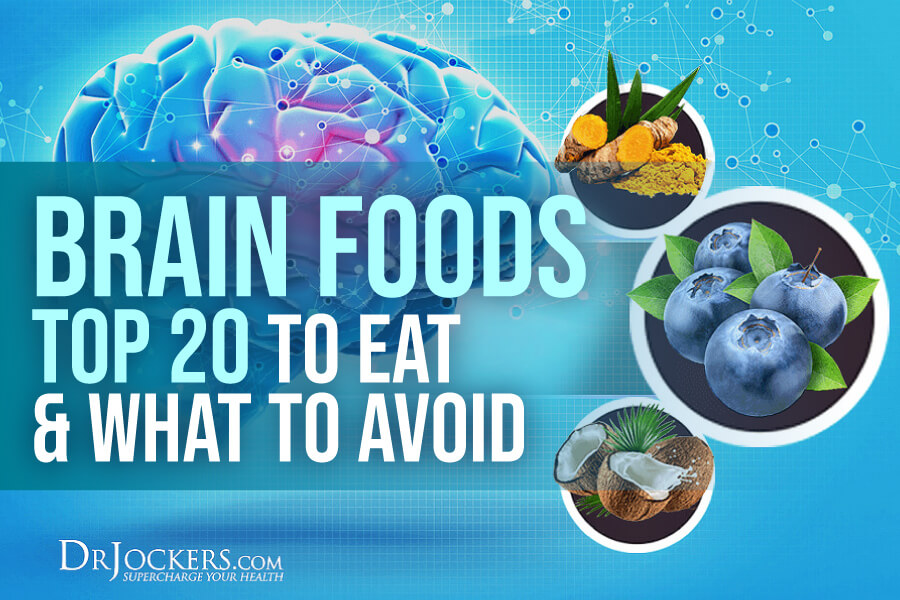 Brain Foods: Top 20 to Eat and What to Avoid
Brain Foods: Top 20 to Eat and What to Avoid
In today’s day and age, everyone is looking for ways to boost performance. Having a sharp mind is key to being able to handle stressful situations or to simply have a deep experience of life. There are very straight forward ways of achieving a high mental acuity. The foods you do and don’t eat are a great place to start. Below you will find the best brain foods and those that aren’t doing you any favors.
The best foods for brain health are full of antioxidants, provide building blocks for neurotransmitters, and help to make sure blood sugar remains stable. These are all crucial factors to consider when deciding if you are consuming.

Top 20 Brain Foods
Coffee
Caffeine provides a stimulatory effect in the brain by blocking a neurotransmitter called adenosine. Adenosine is a molecule that creates feelings of tiredness. By blocking adenosine, we get a boost in energy. Throughout the day adenosine levels rise which will stimulate feelings of tiredness later in the day. Studies have shown that coffee can improve mood, memory, and learning (1, 2).
Caffeine isn’t the only benefit of coffee, however. Coffee also contains powerful antioxidants called polyphenols that lower inflammation and boost mitochondrial function. Finally, a dose of black coffee in the morning has been shown to improve fatty acid metabolism which makes it a great ketosis companion (3). Implementing a daily intermittent fast with a cup of coffee in the morning can be a great fat burning strategy.
The research says that about 30% of the population will struggle to metabolize the caffeine and if you feel jittery, irritable and have an increase in cravings after having coffee then it is best to avoid it. However, the other 70% of the population does quite well with it and I would recommend drinking 1–2 cups of a great organic coffee such as Four Sigmatic with added adaptogens like Lion’s Mane and Chaga to enhance brain function.
It is important to remember that caffeine is a diuretic and you should replace the amount of caffeinated beverage you consume with an equal amount of water to keep your brain sharp!
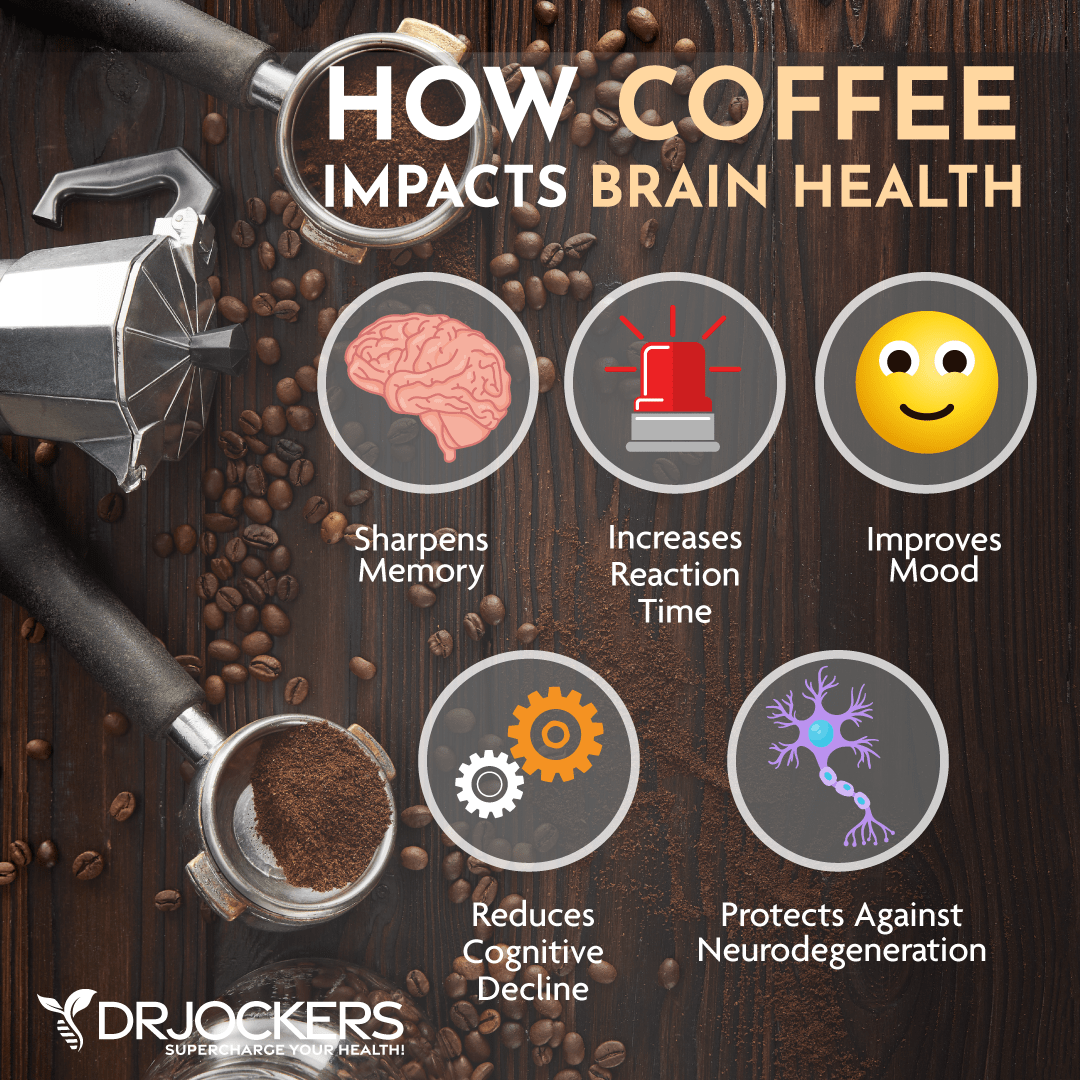
Use an Organic, Mycotoxin Free, Shade Grown Coffee
Low-quality conventional coffee is not great. Pesticides and mycotoxin in coffee can be harmful to your health. It is important that you drink high-quality, organic, mycotoxin-free, and shade-grown coffee for optimal benefits and safety.
I personally love and highly recommend Lifeboost Coffee. This coffee is organic, free from GMO, shade-grown, sun-dried, pesticide and chemical-free, full of antioxidants, stomach-friendly, less acidic than most coffee, and fairly traded with a 2-year shelf life. Most importantly, it is absolutely delicious.
Right now, they have a special sale for my community where you can try this delicious, low-acid, immune boosting coffee for up to 50% off for a limited time.
Grass-fed Beef, Lamb, and Bison
Red meats are underrated sources of nutrition. When these animals are raised on pastures in the sun, their meat is loaded with good stuff. We get omega-3 fatty acids, fat-burning compounds like carnitine and carnosine, as well as a full spectrum of vitamins and minerals.
L-carnitine is an amino acid that acts as a carrier to shuttle fatty acids into cells for energy. This action improves energy production which is powerful for the brain and body.
Carnitine also provides something called an acetyl group (acetyl-L-carnitine) that helps with the production of acetylcholine. Acetylcholine is a neurotransmitter that is critical for memory. Research has shown that improving carnitine levels in the body may have a protective effect against Alzheimer’s (4).
An excellent source of the highest quality grass-fed beef, wild game, pasture-raised poultry, wild-caught salmon and a wide variety of organ meats is US Wellness Meats.
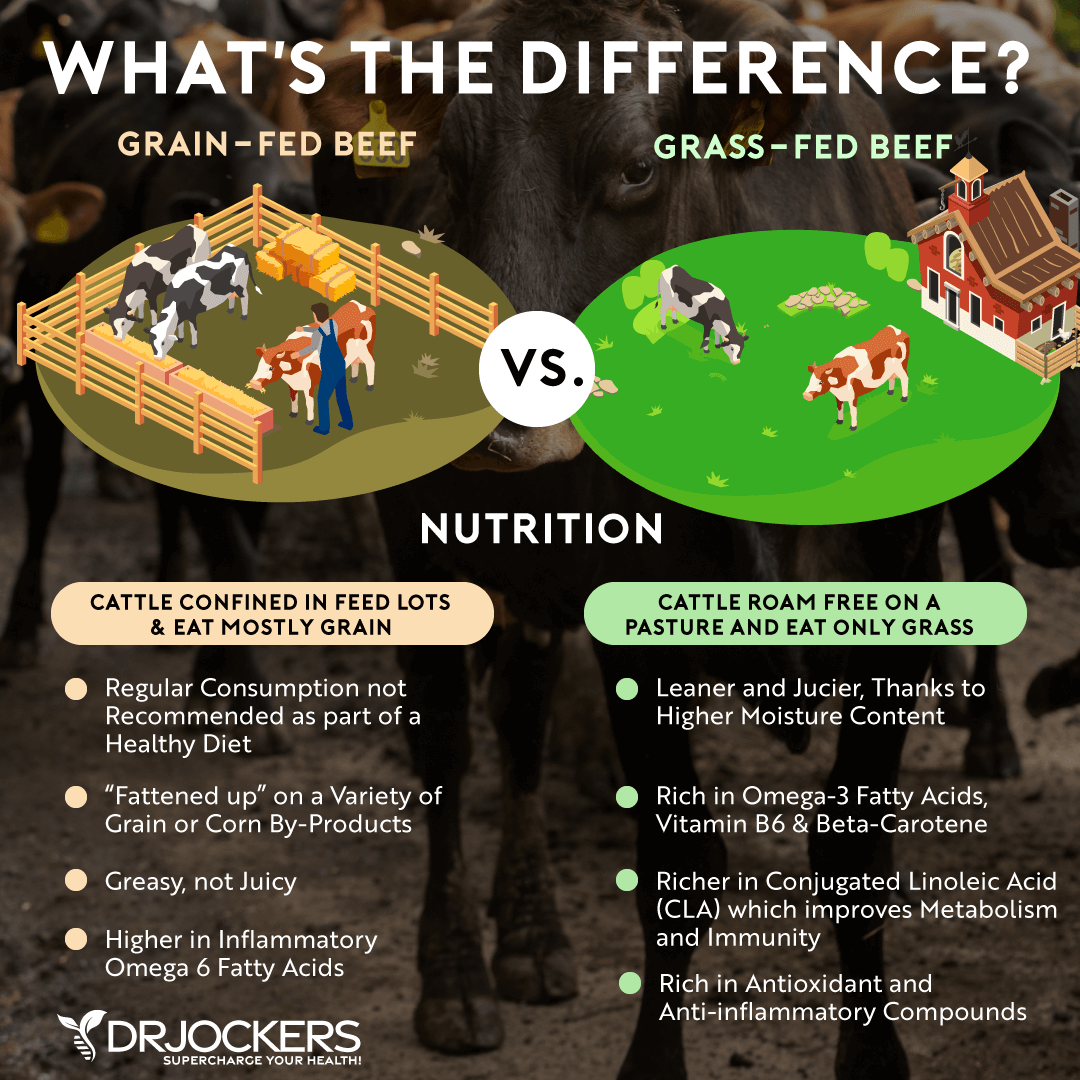
Wild Caught Sockeye Salmon
Sockeye salmon is the superfood of meats, as it is absolutely packed with nutrition. It is high in omega-3 fats and astaxanthin, which is one of nature’s most powerful antioxidants. Because the brain is made up of 60% fat (of which 10–15% is DHA, an omega-3), getting adequate amounts of DHA in the diet is critical for brain health.
Salmon, like most meats, contains saturated fats and cholesterol, two other extremely important structural components of brain tissues. In fact, higher levels of cholesterol are associated with better mental health in old age!
Astaxanthin is a red-pigmented antioxidant that gives salmon its distinctive color. It is believed that the high levels of astaxanthin are what allow salmon to rigorously swim upstream for hours at a time. In humans, it is believed that astaxanthin improves brain function by lowering oxidative stress in the brain while promoting the formation of new brain tissue.

Apple Cider Vinegar (ACV):
ACV is a powerful tonic loaded with incredible living nutrients. The ACV should be raw and unpasteurized with the “mother” intact. The mother is the portion of the apple that is fermented and contains the source of the good bacteria and enzymes. These enzymes help the body heal and digest nutrients from other foods.
ACV is also a rich source of organic acids which help with insulin sensitivity and decreasing inflammation. The good bacteria enhance nutrient assimilation and overall gut function. Use ACV on meat, brown rice, vegetables and other foods. It can also be put into a variety of different drinks for added antioxidants and enzymes.
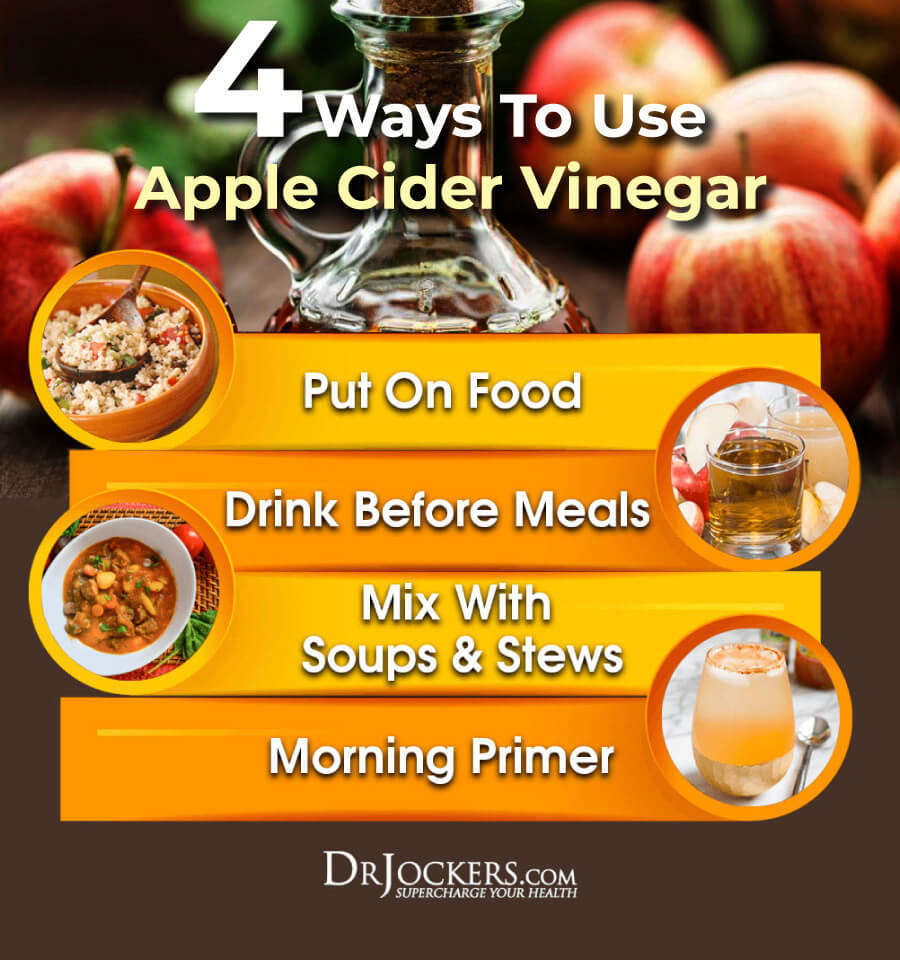
Avocado
Avocados are high in healthy fats and are great sources of antioxidants and minerals. Altogether they are one of the most versatile and complete brain foods. One nutrient of significance is lutein. Lutein is an antioxidant that has been shown in studies to slow cognitive decline (5).
Avocados are perfect for improving lutein levels in the brain because fats improve its absorption. Avocados are also great for lowering inflammation throughout the body which naturally improves cognitive function!
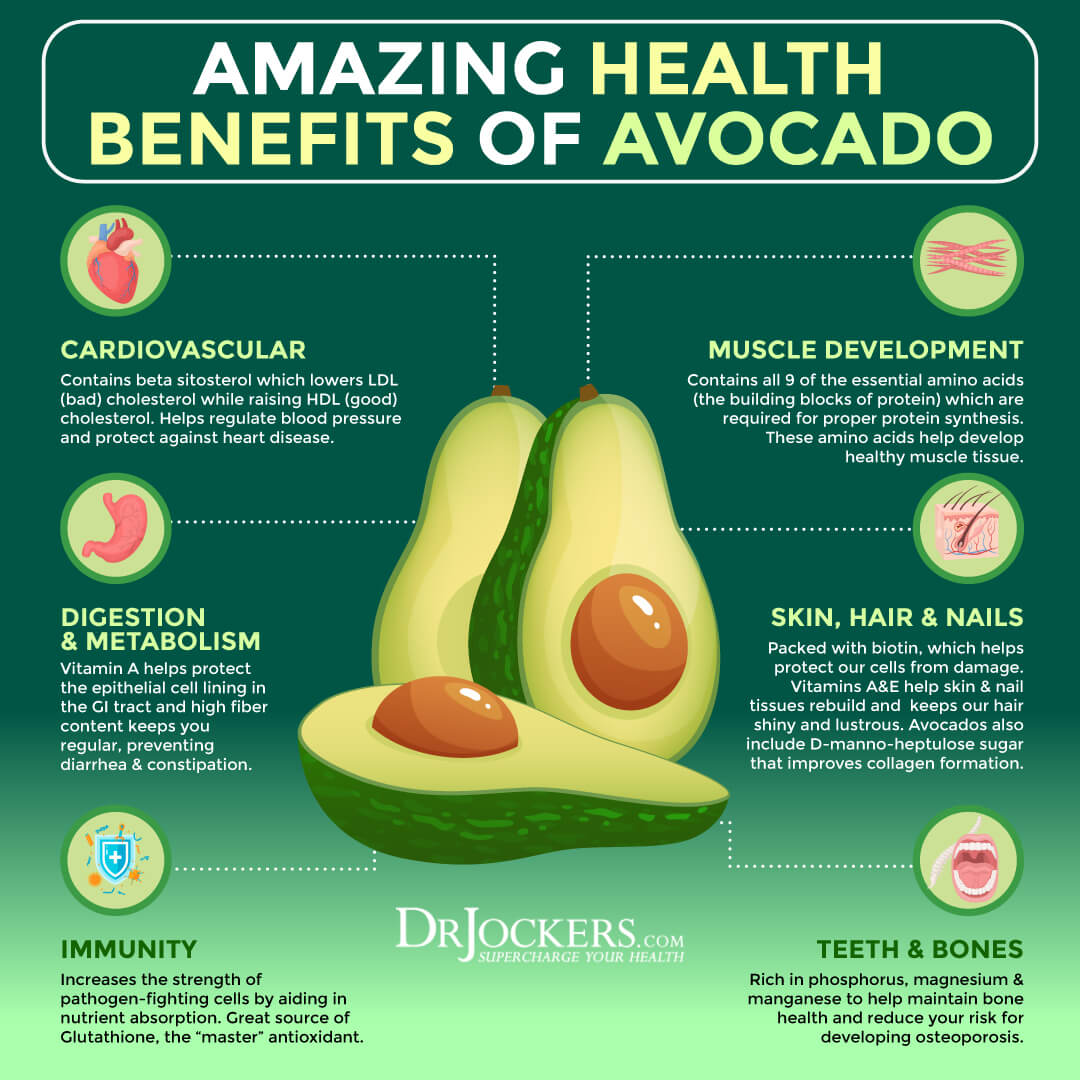
Citrus
Citrus fruits contain two very important compounds for the brain, vitamin C and bioflavonoids. Together these compounds improve circulation and help to reinforce connective tissue throughout the body. This helps to oxygenate the deep regions of the brain that are critical for cognitive processing and sensory acuity.
On top of that, they improve immune function and fight oxidative stress. The resulting benefit is inflammation lowers and the brain can function with less interference.
Some preliminary research is also showing that vitamin C plays a very important role in eye health and GABA receptor actions. GABA is a neurotransmitter in the brain responsible for allowing us to relax —which is vital for mental health and performance.
Stick with low sugar citrus fruits like lemons, limes, and grapefruits for maximum benefits as sugar and vitamin C compete for the same receptors in the body.
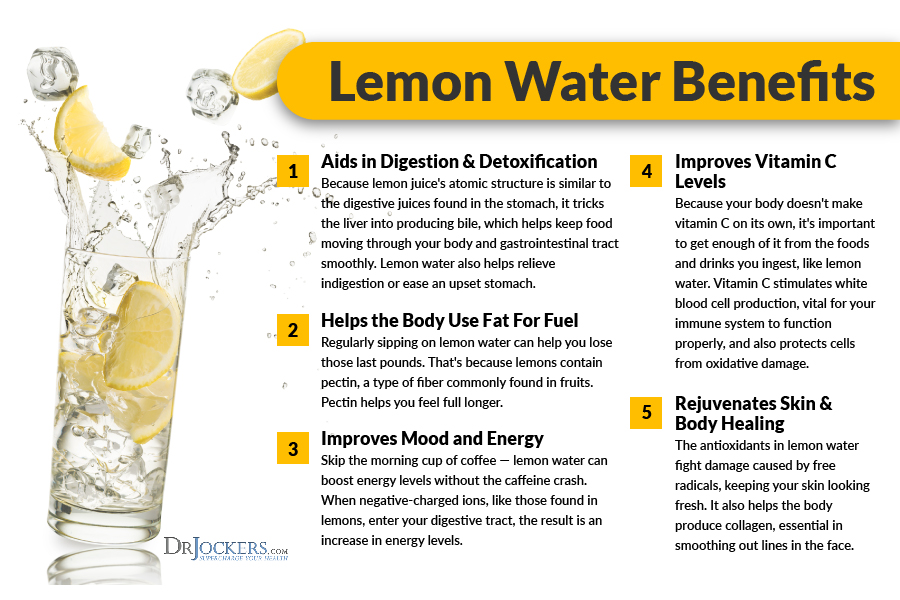
Rosemary
In ancient Rome, it is written that students would use sprigs of rosemary in school to enhance memory and learning. They may have been on to something. Rosemary contains aromatic compounds that increase blood flow to the brain simply by inhaling them!
Setting up an essential oil diffuser with rosemary oil in your home or place of work can be great for stimulating the brain. In fact, rosemary has been shown to provide anti-depressant and memory-boosting effects through its powerful polyphenols.

Turmeric
Turmeric is a super spice which seems to help with just about everything. It lowers inflammation throughout the body and protects the brain from damage. In fact, turmeric has been studied extensively for its beneficial implications in dementia and Alzheimer’s disease (6).
Specifically, curcumin has been studied and shown to have the following effects: (7)
- Inhibit the formation of amyloid-beta proteins.
- Increased neurogenesis
- Enhanced brain self-repair
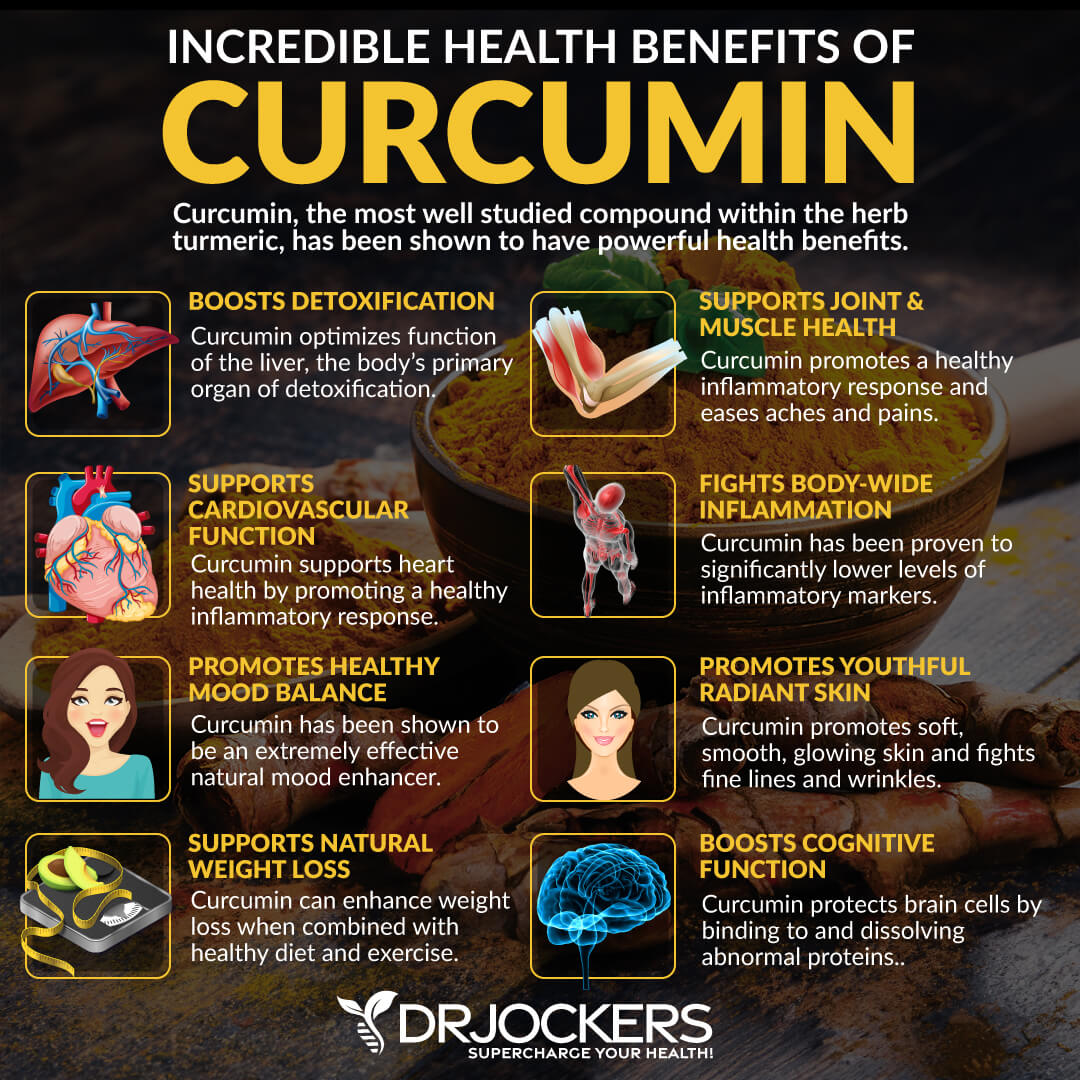
Raw Cacao
Raw cacao is what is heavily processed and eventually turned into commercially available chocolate. Cacao in its raw form is one of the best brain foods you can eat. Not only does it help improve blood flow to the brain, but it also improves mood.
Raw cacao is packed with valuable nutrients like magnesium, polyphenols, flavonoids, and the amino acid theobromine. Theobromine upregulates a pathway in the body named cAMP. Through this action, cacao helps to down-regulate inflammation and dilate blood vessels to improve blood flow to the brain (8).
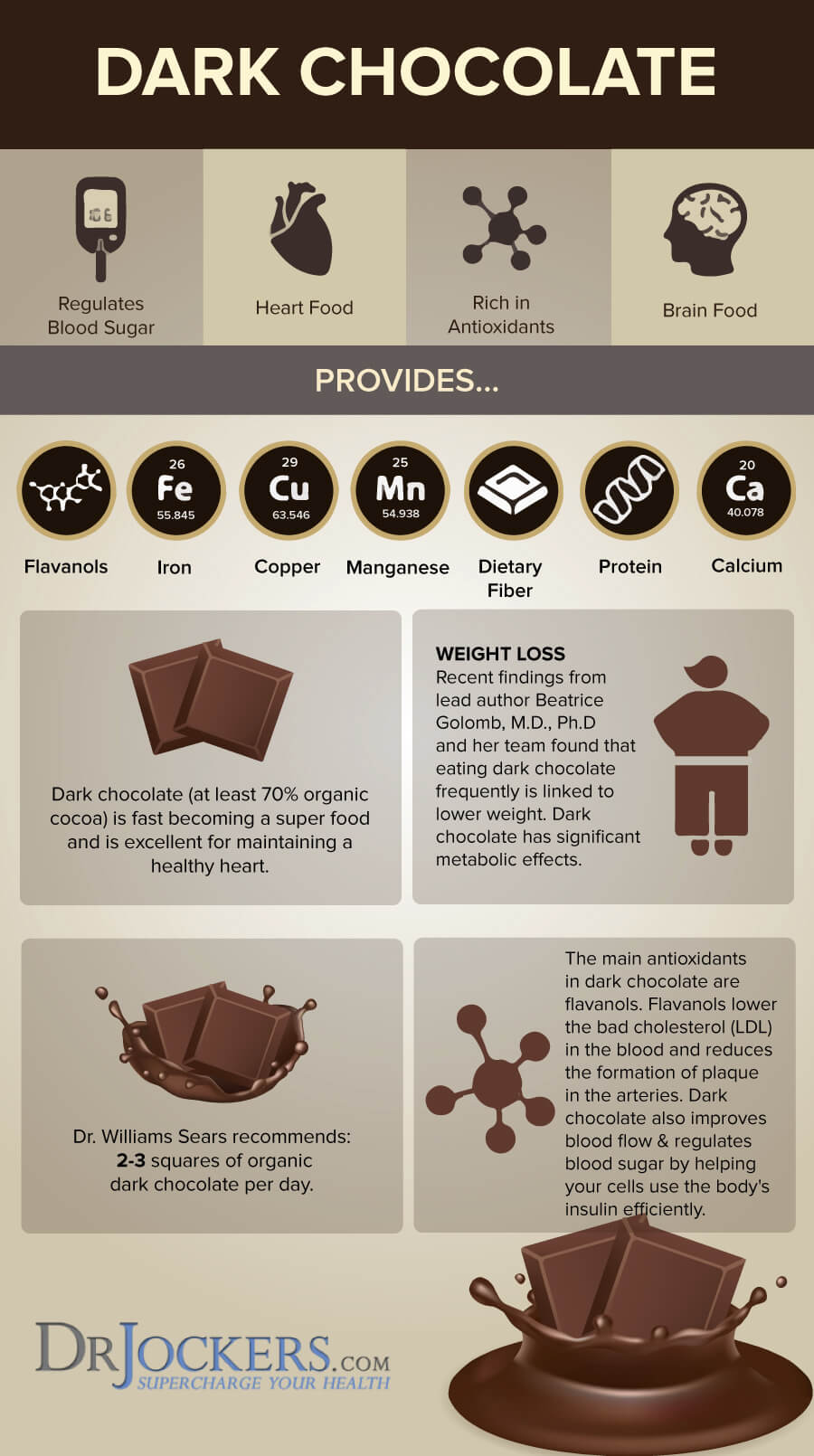
Blueberries
Blueberries are a superfood, plain and simple. They are one of the highest sources of a powerful class of antioxidants called anthocyanins. Anthocyanins promote the health of blood vessels and enhance the effects of vitamin C discussed earlier (see citrus, above).
Additionally, anthocyanins are powerful for protecting the brain from oxidative stress and for promoting brain health. In fact, studies have shown that the regular intake of blueberries can improve memory and learning while reducing symptoms of depression (9, 10, 11).
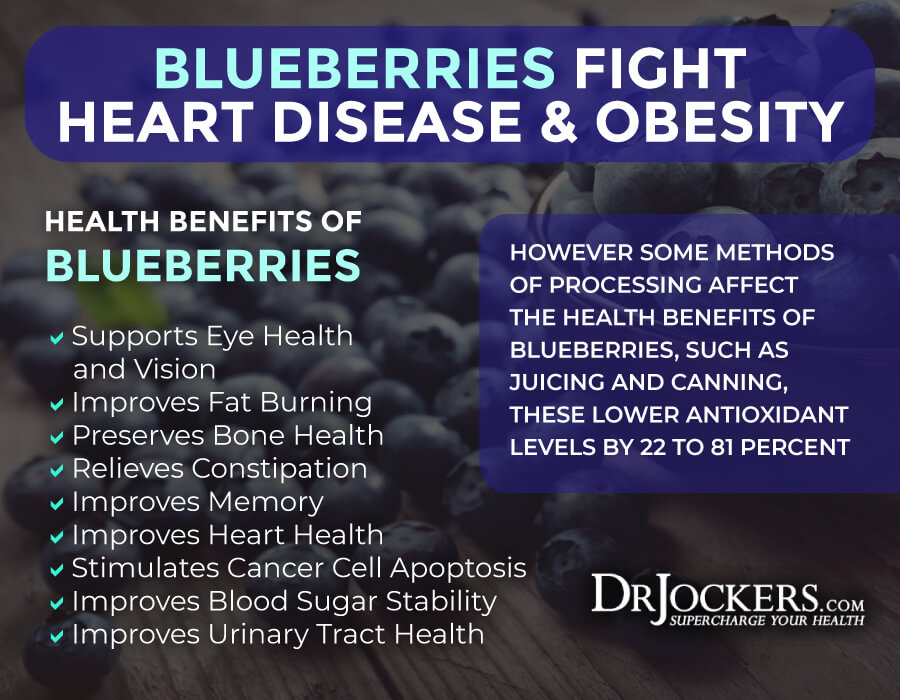
Ashwagandha:
This exotic herb has powerful antioxidant properties that protect the brain and nervous system. Premature aging associated with chronic tension on the nervous system is related to increased oxidative stress. In the largest human trial using ashwagandha, the herb was shown to reduce cortisol levels up to 26%. Chronically elevated cortisol increases inflammatory and degenerative processes in the body.
This herb has been shown in studies to have as strong an anti-anxiety and anti-depressant effect as leading name brand medications. Ashwagandha has been shown to support the regeneration and reconstruction of nerve cells and synapses. This suggests that ashwagandha could help reverse states of brain and nervous system degeneration. This makes it a potent defense against dementia, Alzheimer’s disease and other neurodegenerative disorders.
You can get Ashwagandha as a fresh or dried herb or in organic herbal teas. You can also get it from professional grade supplements such as our Cortisol Defense (here).
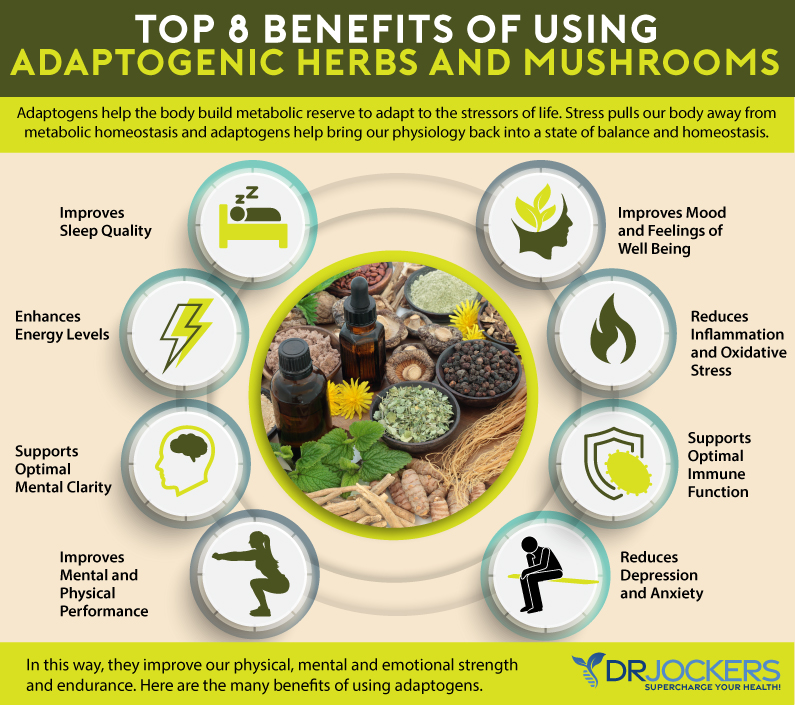
Chia Seeds:
Chia is made up of healthy fats, antioxidants clean proteins, and fiber. Chia contains no sugar and very minimal amounts of non-fibrous carbohydrates. Chia also contains high levels of calcium, magnesium, and potassium. This combination is perfect for healthy blood sugar levels and sustained energy.
Chia is loaded with omega-3 fatty acids and neuroprotective antioxidants such as quercetin, caffeic- and chlorogenic acid. These essential fats and antioxidants produce cell membranes that are more flexible and efficient. Healthier cell membranes result in more efficient nutrient delivery systems and faster nerve transmission processes. This improves brain function including memory and concentration.
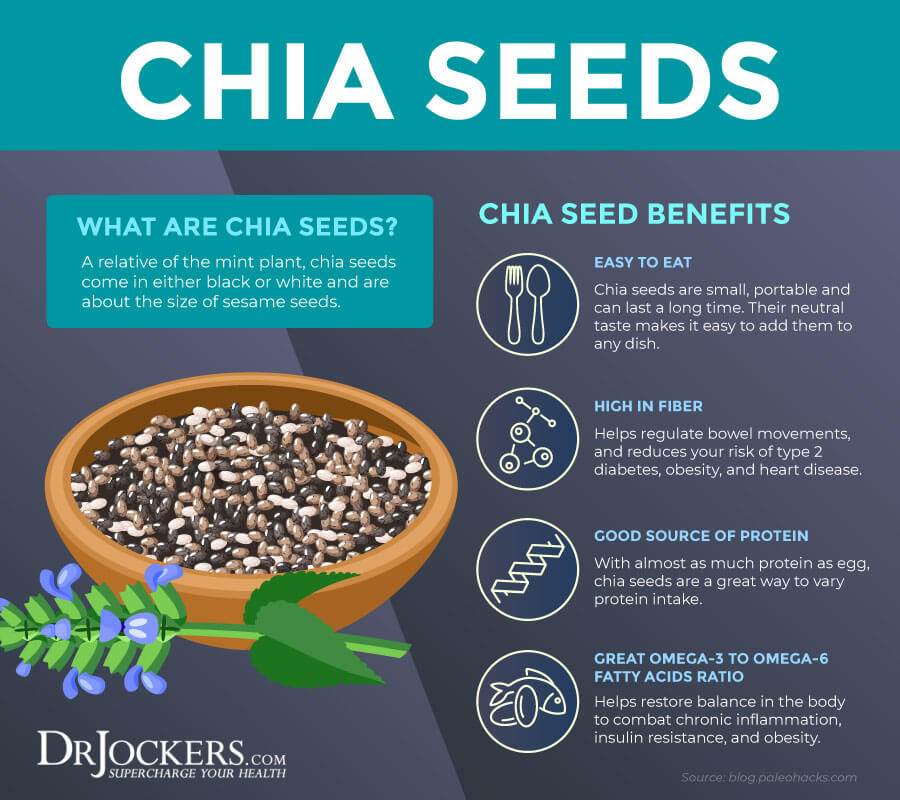
Ginger:
Ginger is an important part of any de-inflaming, natural pain relief program. The compound 6-gingerol has been shown to significantly inhibit the production of a highly reactive nitrogen molecule, nitric oxide, which quickly forms a dangerous free radical perioxynitrite. Additionally, ginger helps to protect the body’s stores of glutathione—the master antioxidant.
Ginger is also very high in potassium which aids in electrical energy production and detoxification. It is a great source of manganese which protects the lining of key blood vessels that oxygenate and bring fuel to the brain. Manganese deficiencies can lead to dementia and stroke.

Pastured Eggs
Pastured eggs are nature’s multi-vitamin. They contain omega-3 fats, cholesterol, saturated fats, and choline. According to Iowa State researchers in 2007, 90% of the American population is choline deficient. Egg yolks and egg-based lecithin’s are some of the richest and most bioavailable sources of choline.
Choline is important for the brain for several reasons. It helps to produce phosphatidylcholine and sphingomyelin. These two molecules make up a particularly high percentage of the brain’s total mass. Choline also helps to form a critical neurotransmitter in the brain called acetylcholine. Acetylcholine is the body’s primary molecule for sending messages between nerves and muscles.
Choline also helps protect the body’s stores of folate which is a key B-vitamin for the development and maintenance of the nervous system. Finally, choline has important anti-inflammatory properties called methylation. This process of methylation plays a significant role in many chemical events which actually turn certain genes on and off in the body.
Eggs are king of the brain foods. They contain just about everything you need for healthy brain tissue. The key is to combine them with other brain foods like blueberries, avocado, and the other foods on this list to protect all that healthy brain tissue from being damaged!
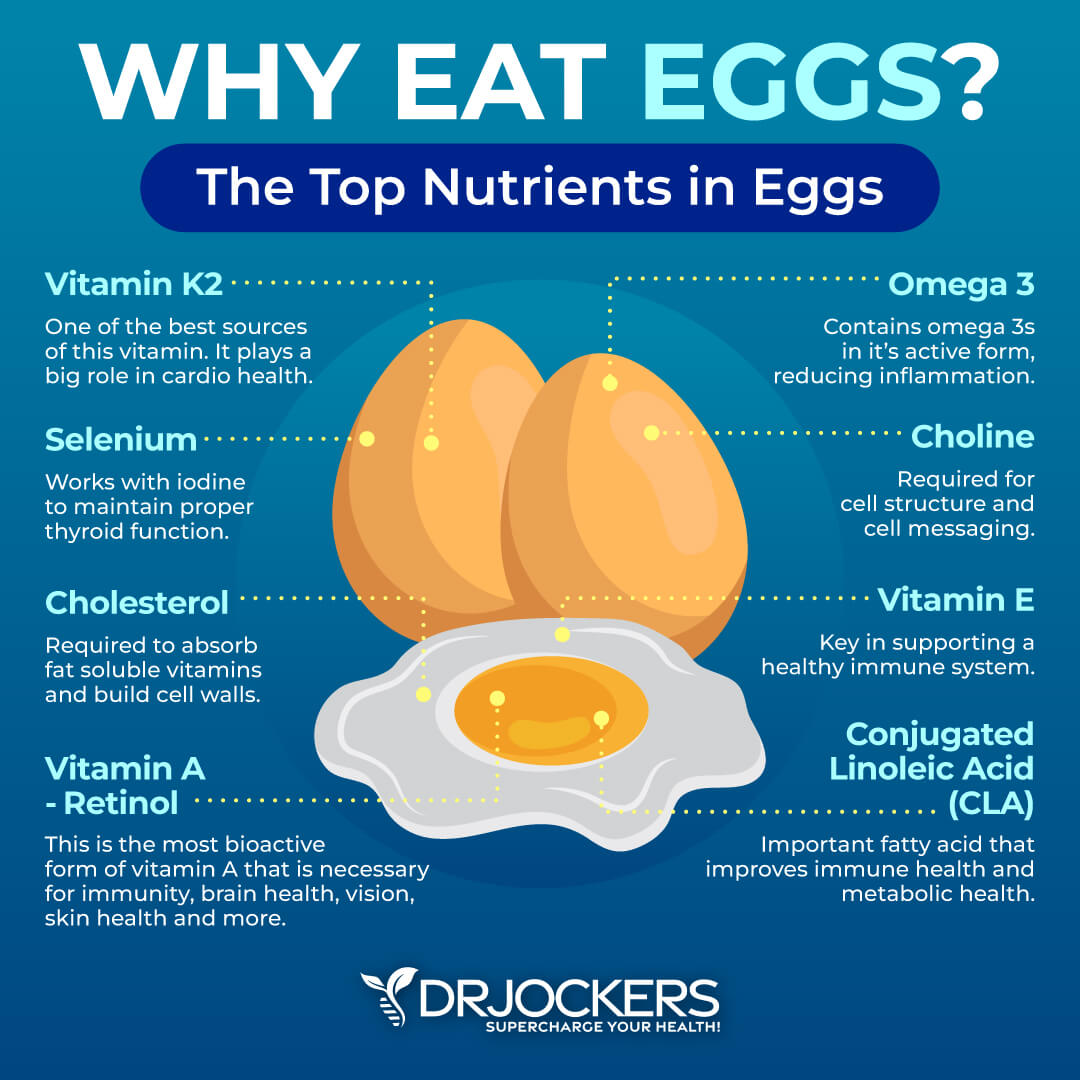
Coconut Oil
Healthy fats are key for brain health, as the brain is practically made of fats. Saturated fats in particular are important for the brain. Coconut oil is an excellent source of saturated fats.
In addition to saturated fats, coconut oil contains valuable medium chain triglycerides (MCT) which promote the formation of ketones in the body. Periodically shifting your body into a state of ketosis is extremely powerful for keeping your brain young and functioning at a high level.
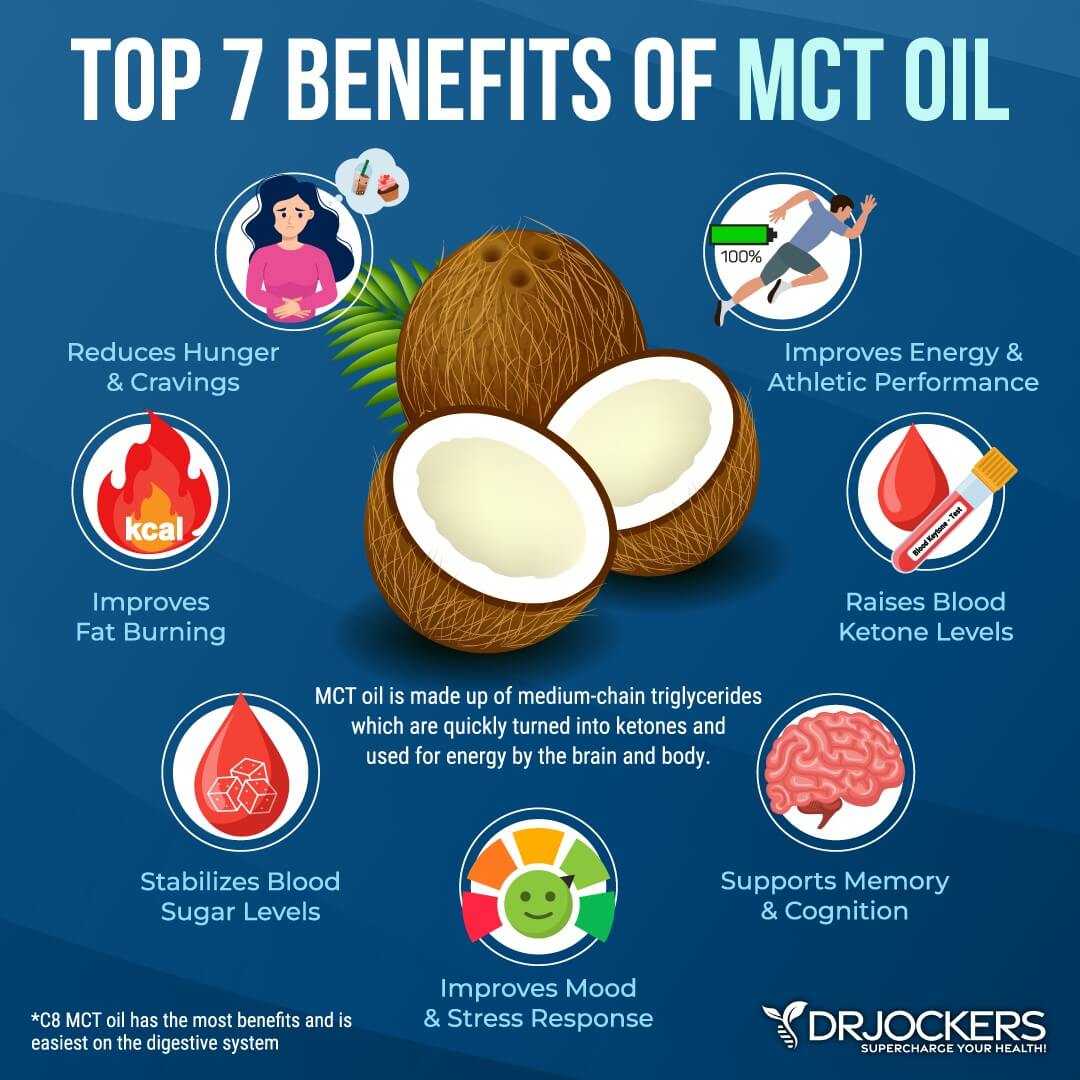
Grass-fed Butter
Wait, butter is on a list of brain foods?? This is most people’s reaction. Butter is actually super nutritious, as it contains healthy saturated fats and cholesterol the body needs to build new brain tissue.
In addition to this, butter contains butyrate and conjugated linoleic acid (CLA). Butyrate helps to promote a healthy gut while conjugated linoleic acid is highly anti-inflammatory. CLA is also powerful for stimulating fat burning. In conjunction with a ketogenic lifestyle, butter is a very important food for the brain.
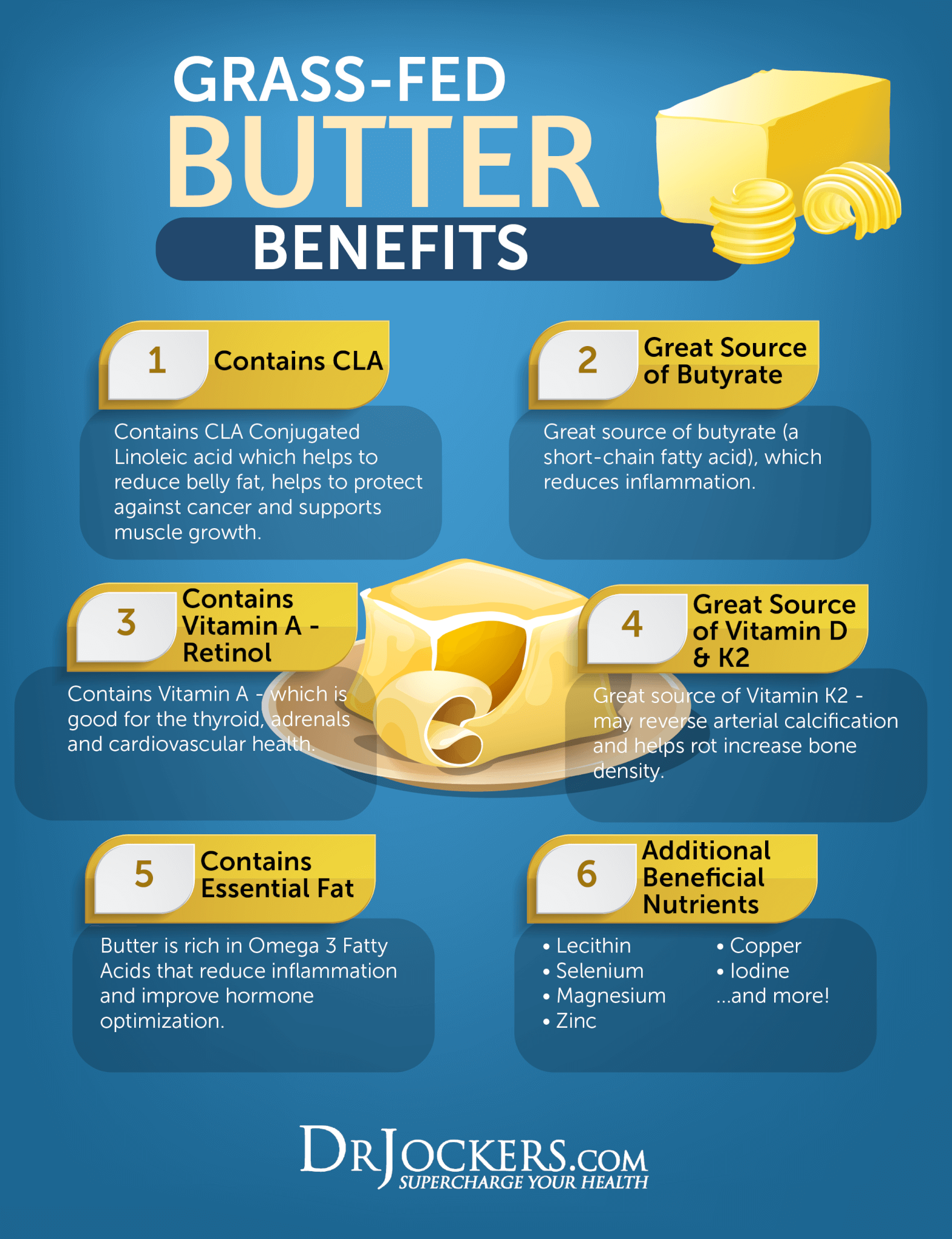
Leafy Greens
Most nutritionally dense foods are brain foods. Leafy greens are excellent because they contain a wide array of macro and micronutrients like magnesium, vitamin A, vitamin C, vitamin K, folate, B6, copper, potassium, and calcium.
Leafy greens also contain chlorophyll. Chlorophyll is a green pigment that gently detoxifies the blood and helps the body absorb and create energy from sunlight! (12)
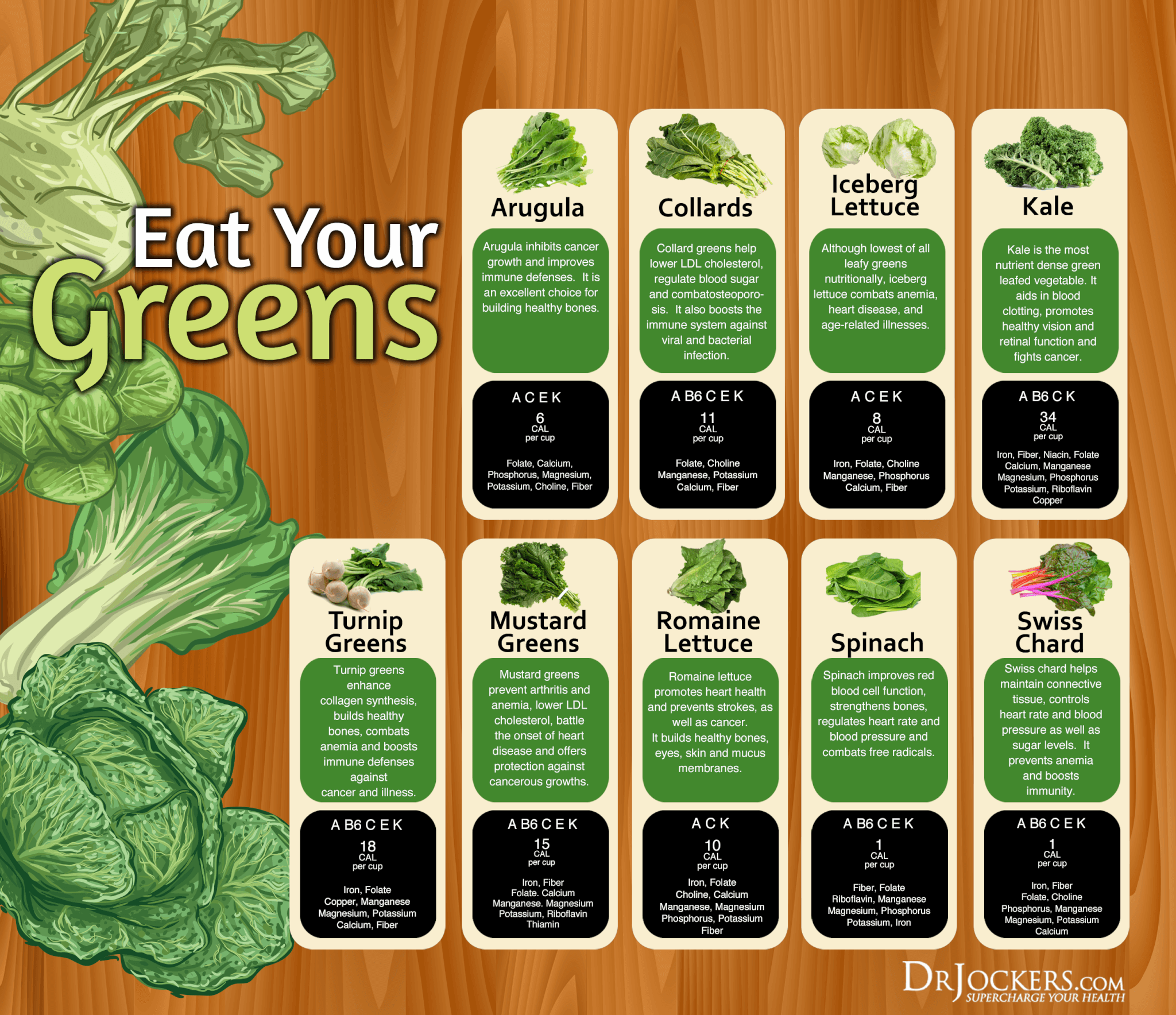
Olive Oil
Olives and olive oil are underrated. Olives are actually high in polyphenols—antioxidants that boost mitochondrial function. They are also a great source of monounsaturated fats and vitamin E.
Higher levels of olive and olive oil intake are correlated with improved mental health such as with the Mediterranean diet. Olive oil is also a great source of vitamin K, which in conjunction with vitamins C and E, have a protective effect over brain diseases like Alzheimer’s.
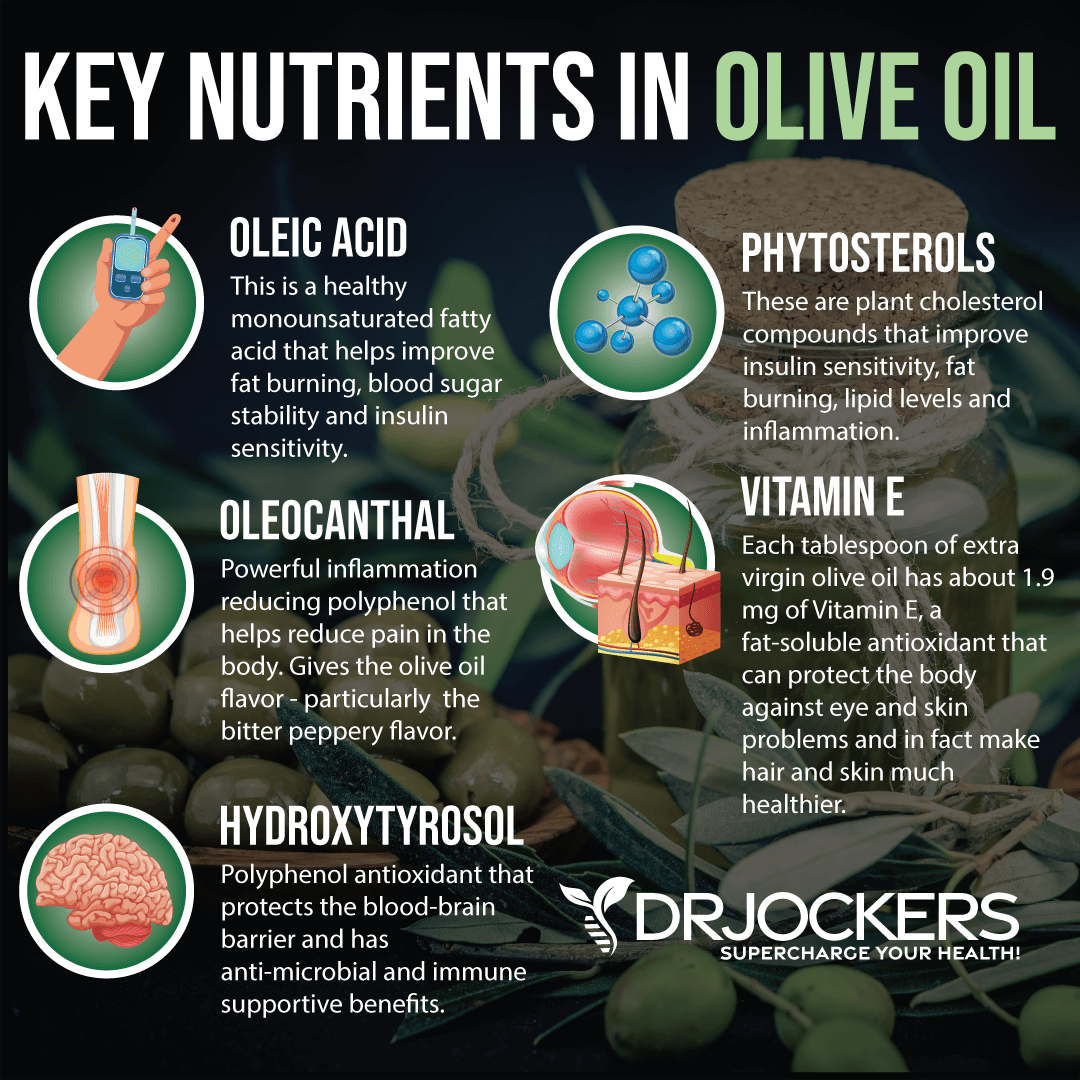
My Favorite Olive Oil
My favorite olive oil is this Fresh-Pressed Olive Oil. It is the most flavorful artisan olive oil you can find out there. It comes from award-winning artisan farms with a harvest-fresh taste to your table. These oils are independently lab-certified to be 100 percent extra virgin olive oil — so you can trust the quality. My family swears by it. We use it daily on our salads and meals. Our kids love it. I am sure your family will too.
I am excited to share a special offer with you. You can get this $39.00 bottle of Fresh-Pressed Olive Oil for only $1.00 to help with shipping if you click on the link here
Green Tea
Green tea made the list of brain foods for many reasons. It has just a small amount of caffeine which has benefits of its own. In addition, green tea contains an amino acid called l-theanine. L-theanine helps to promote feelings of calm and relaxation. Additionally, L-theanine seems to have a vasodilation effect that counteracts the vasoconstrictive effects of caffeine, improving blood flow to the brain.
Green tea is also high in an antioxidant called EGCG. This antioxidant has been studied for benefits including brain health, anti-cancer, immune boosting, anti-inflammatory, and a lot more. Bottom line, you need more EGCG in your life!
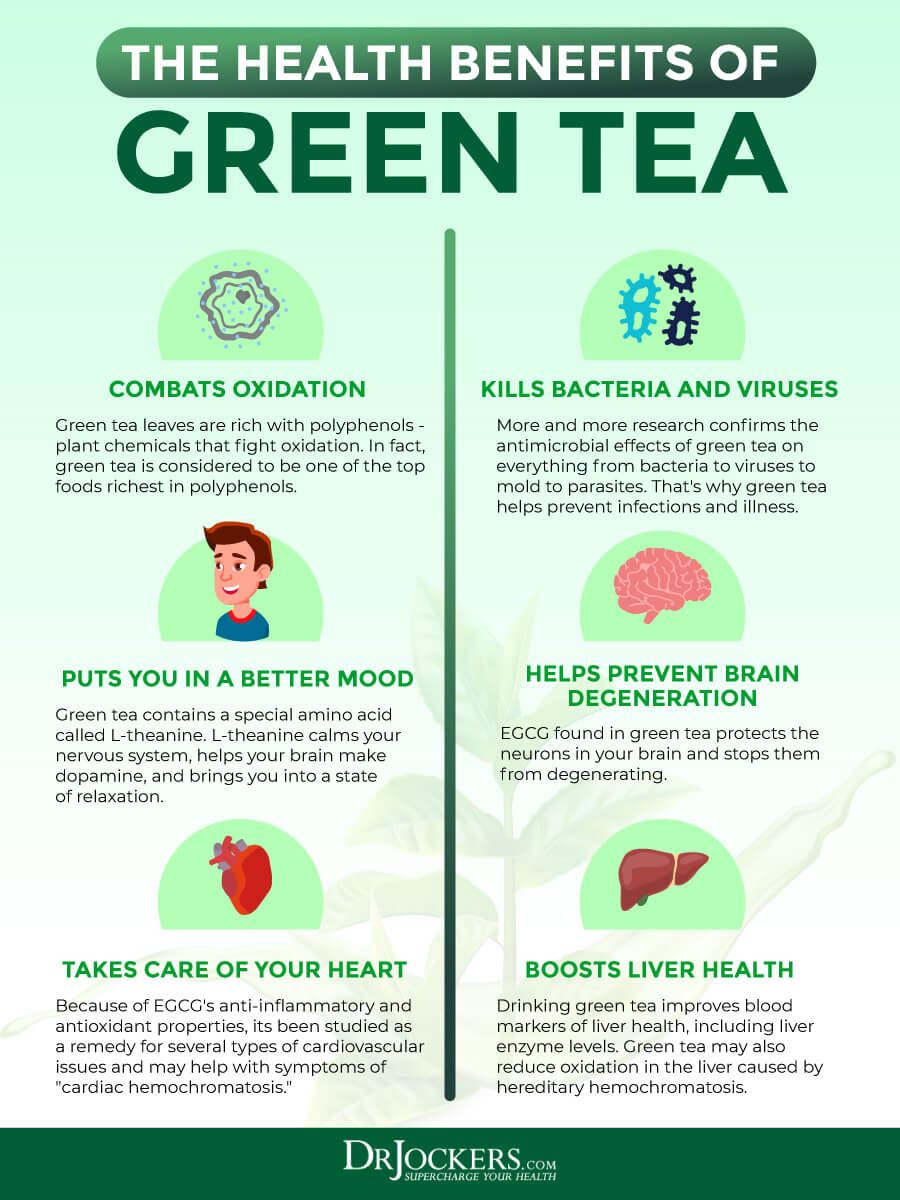
Red Wine
Remember earlier when we talked about blueberries? They are so great for the brain due to compounds called anthocyanins. Grapes are also a great source of these powerful compounds. Red wine is an enjoyable way to get more anthocyanins in your diet.
However, not all wines are created equal. In fact, the vast majority of wines (more than you’d think) come just a small handful of mass producers. These wines tend to have chemical additives, high sugar content, mold toxins, and abnormally high alcohol levels.
There are excellent brands that make maximum nutrition, minimum toxin wine. One such company is Dry Farm Wines who makes it their business to sniff out the best wines and bring them to you. They put each wine through strict testing to ensure it is the healthiest wine you can drink. I am not much of a wine drinker, but on the rare occasion when I do, this this is the only wine I drink.
Organ Meats
Organ meats such as beef liver are the most nutritionally dense foods you can possibly consume. Liver is packed with just about every vitamin and mineral you can think of in addition to high amounts of choline.
Liver and other organ meats also contain a concentrated amount of CoQ10. CoQ10 is a coenzyme that acts as an antioxidant that is particularly beneficial for the brain and heart.
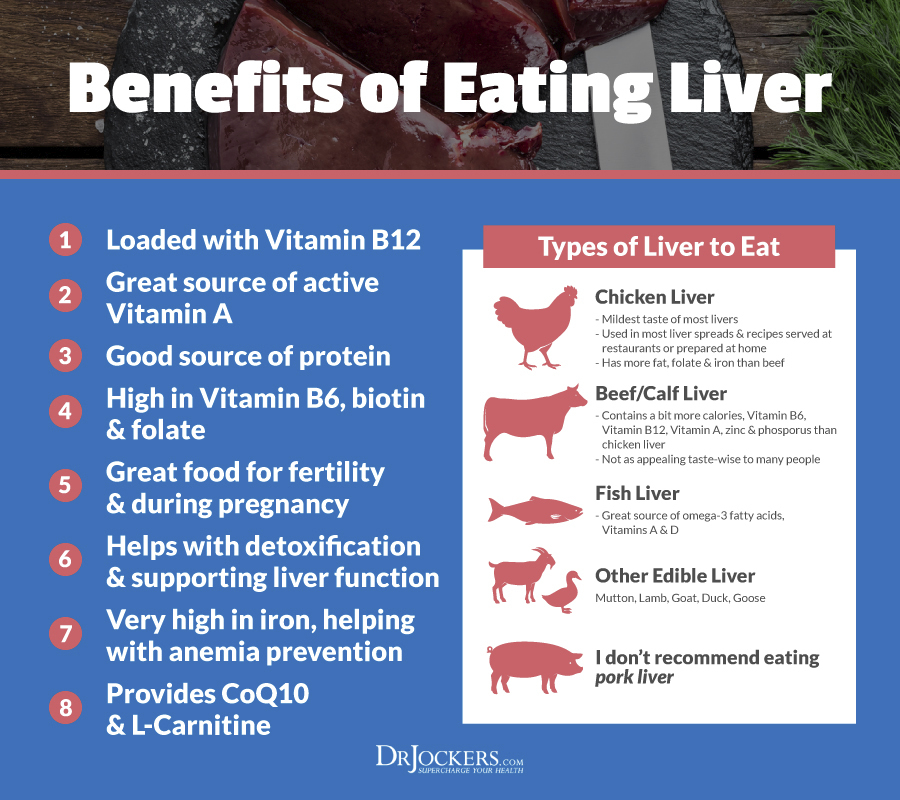
Top Foods to Avoid
When it comes to brain foods, there certain foods that you should definitely avoid for optimal brain performance. You can eat all the eggs and salmon you want, but if you’re eating a lot of the foods listed below, then you may not see the benefits you should.
The following are food groups that you should avoid for optimal brain health.
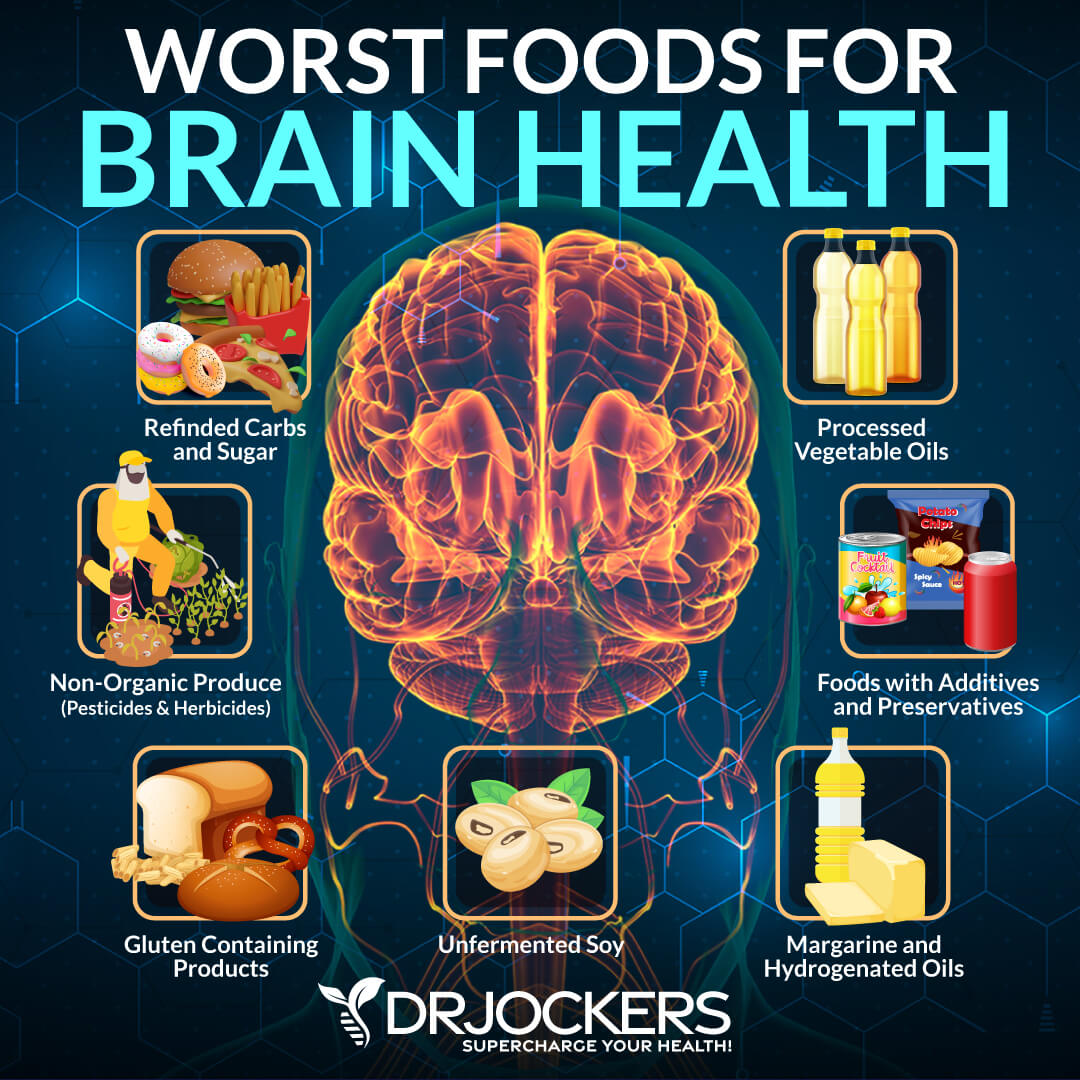
Refined Carbs & Sugar
First and foremost, refined carbs and sugar are one of the worst brain foods. Sugars tend to send blood sugar skyrocketing only to come crashing back down shortly after. This pattern is highly inflammatory and sets off cortisol to help re-stabilize. When this happens chronically, insulin resistance can develop which is highly correlated with brain diseases later in life.
High amounts of sugar also feed opportunistic bacteria and yeast in the digestive tract. For example, candida loves sugar. High levels of candida can be absolutely toxic for the body. This is largely because candida produces waste products that are toxic to the brain.
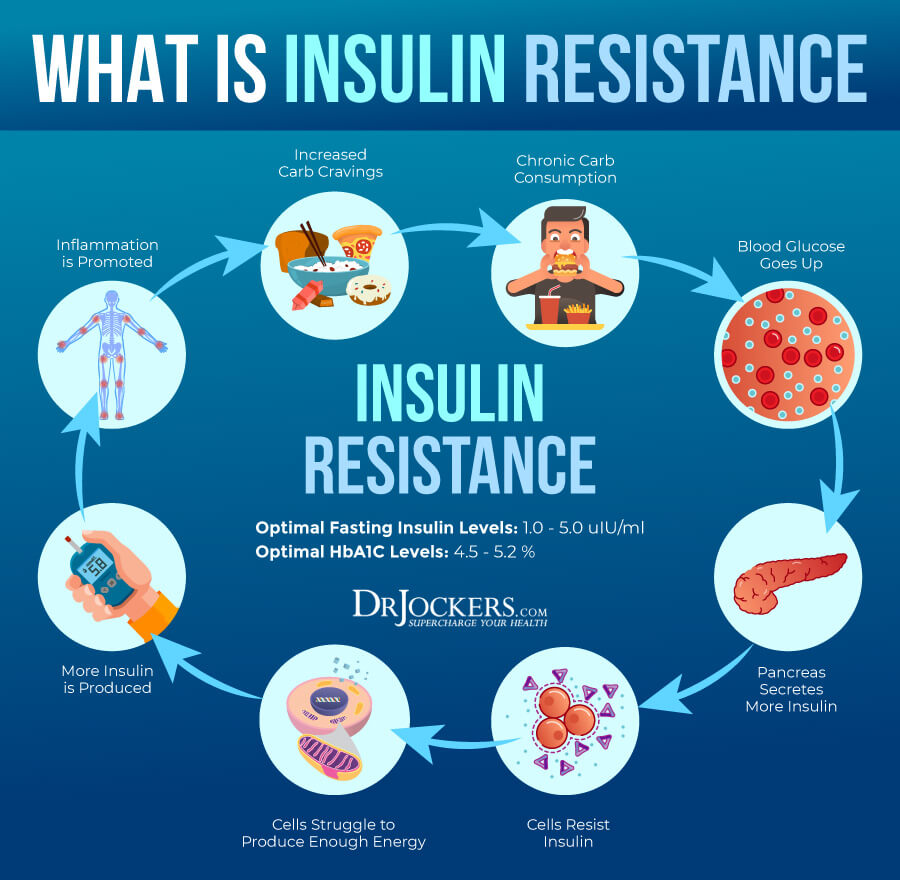
Omega-6 Oils
As we have discussed, healthy fats are incredibly important for brain tissue. Saturated fats, omega-3 fats, and cholesterol play important roles in the formation of healthy brain tissue. When we consume high amounts of vegetable, canola, corn, and other highly processed oils, it promotes an inflammatory environment in the body.
Additionally, it is likely that in the absence of adequate healthy fats, the body will resort to building brain tissue with whatever it can get. Ditch the processed vegetable oils, and opt for the fats and oils listed in the picture below.
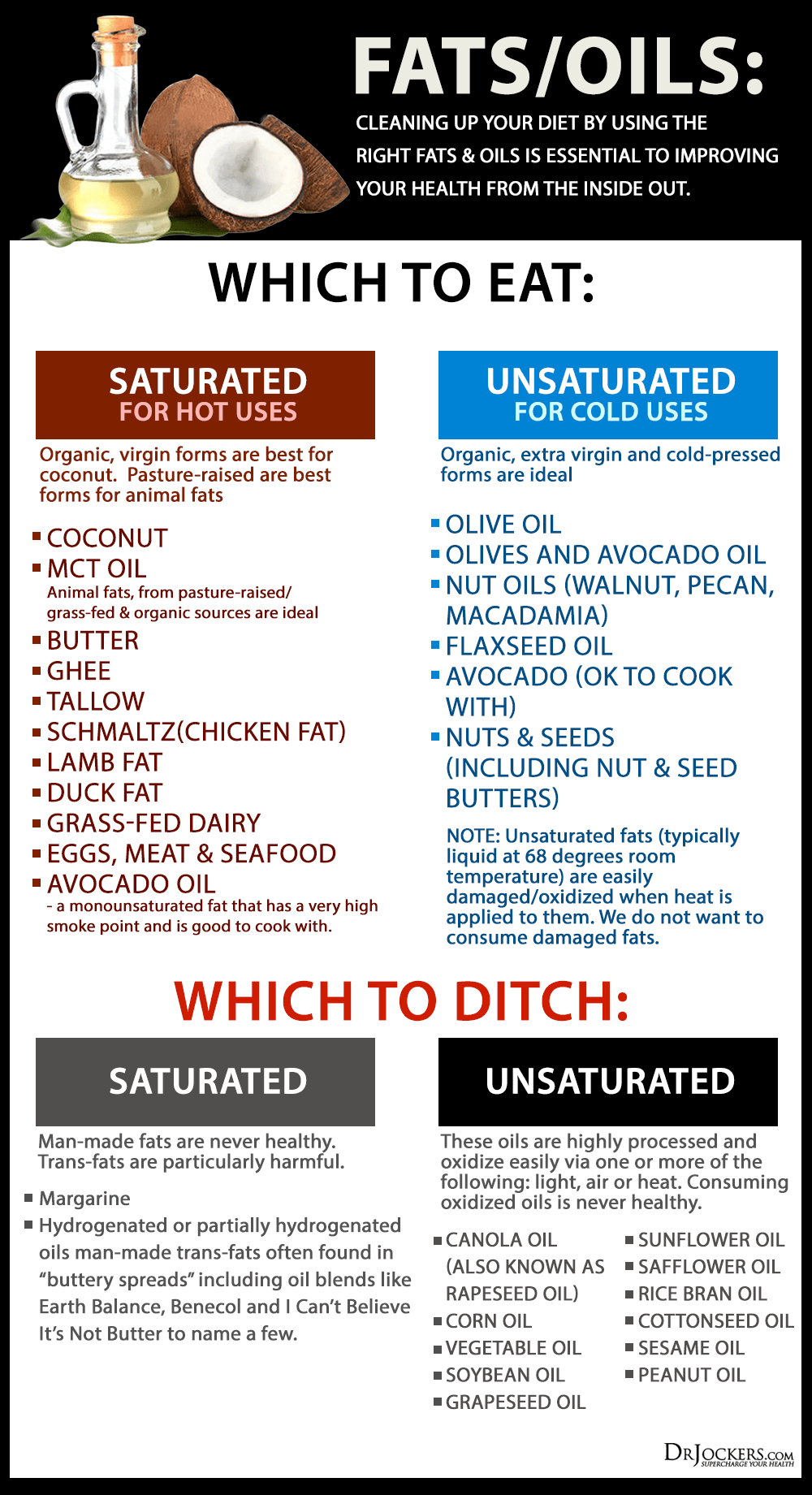
Non-Organic Produce
Some people see organic food as a fad; I see it as a no-brainer. (See what I did there?) You see, pesticides, herbicides, and different chemicals used in pest control are harmful for humans. They can disrupt the bacterial balance of the gut and leach critical minerals from the body.
Disrupting the gut microbiome already has important implications for brain health. On top of this, many of these chemicals leach things like magnesium from the body. Magnesium is vital to over 300 different processes in the body, including the activation of ATP. ATP is the energy molecule cells use to run themselves and the brain has a disproportionately huge demand for ATP!
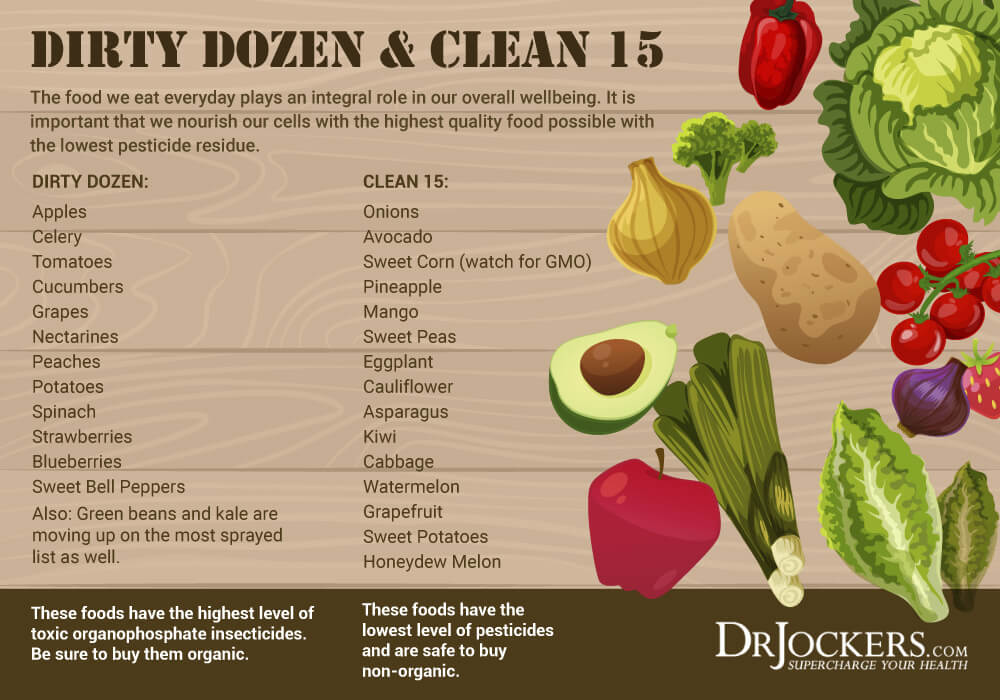
Unfermented Soy
Oftentimes, people are led to believe that soy is a healthy food. Women, especially, are led to believe it can be beneficial because it contains estrogen-mimicking compounds. In reality, having excess estrogen is not good for either sex. In fact, studies have documented the worsening of menopausal symptoms with soy consumption (13).
Symptoms of excessive estrogen include fatigue, depression, and brain fog. Small amounts of fermented soy like tempeh, miso, and natto can all be great in moderation.
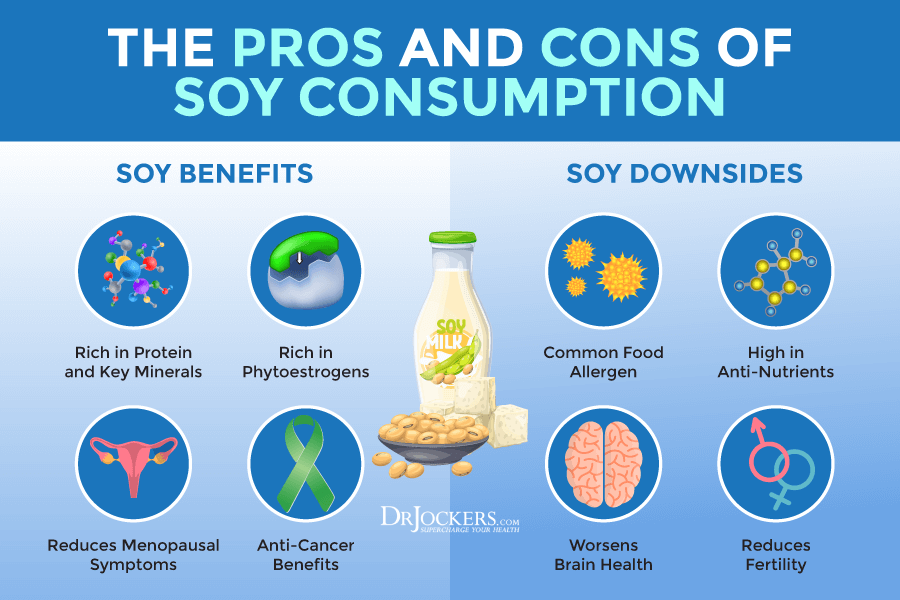
Grains
Grains are the opposite of brain foods. Gluten-containing grains in particular are especially damaging to the brain. Gluten and pesticides (often sprayed on grains) are highly inflammatory to the gut lining. Over time these things can damage the protective barrier of the gut and begin poorly regulating what gets through.
This process leads to something called leaky gut. It is often said that a leaky gut equals a leaky brain. I see this all the time when someone has leaky gut, they are almost always suffering from some level of cognitive dysfunction.
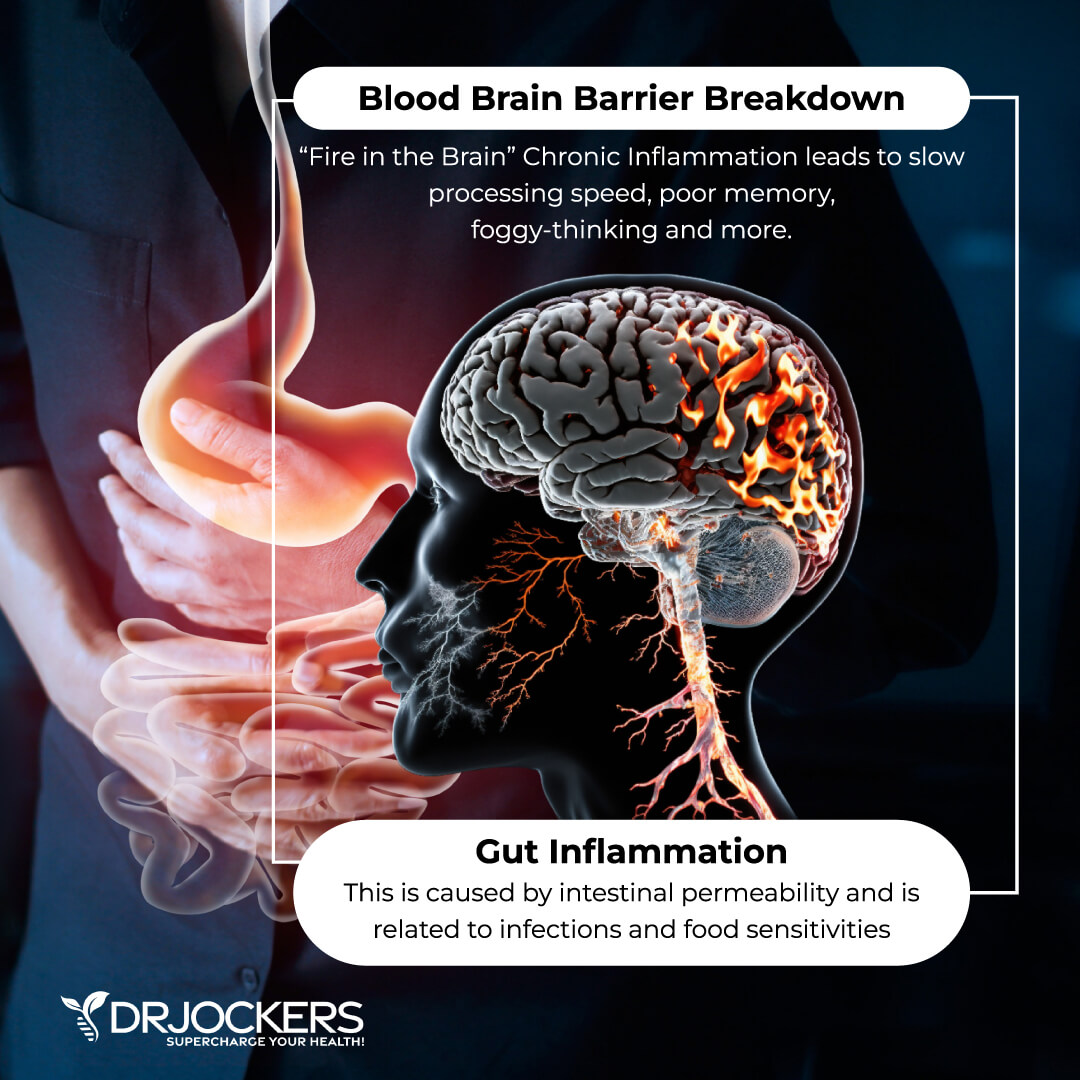
8 Brain-Boosting Recipes
To finish off this article and get you started on a brain-boosting diet, I have put together a small list of some amazing recipes featuring powerful brain foods. These recipes are designed to lower inflammation and provide the brain with the building blocks it needs to perform and stay healthy.
The first thing to consider before implementing these recipes is a ketogenic lifestyle. Getting your body into a fat burning stage is probably the most powerful step in regaining brain health.
**NOTE: Simply click on the pictures below each recipe description to go to the recipe page!
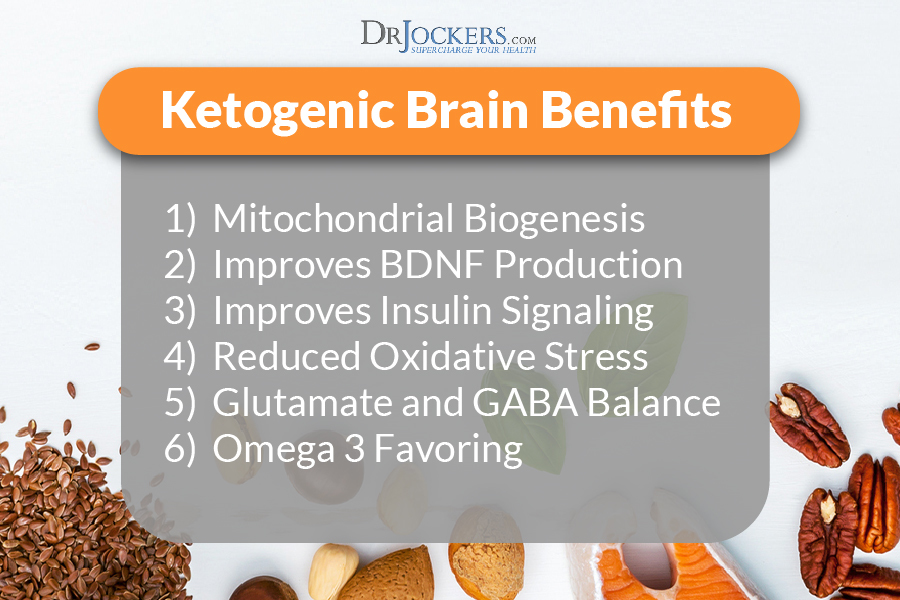
Turmeric Fat-Burning Coffee
This coffee recipe is delicious and absolute brain fuel. This is something I highly encourage my coffee lovers who follow a ketogenic diet to drink in the morning. It is great to stick with something like this as a breakfast replacement to help boost ketones in the morning and place the body in a fat-burning state that also boosts the brain tremendously.
Featured Brain Foods
- Coffee
- Turmeric
- MCT oil (coconut oil)
- Grass-fed butter
Keto Matcha Green Tea
If you’re more of a tea person, this keto matcha is another great morning option. It is similar to the turmeric fat-burning coffee, but with the unique benefits of green tea which contains the calming amino acid, L-theanine.
Featured Brain Foods
- Matcha green tea
- Coconut oil
- Grass-fed butter
- Bone broth (optional)
Blueberry Pudding
I am a big fan of using liquid nutrition in the form of smoothies and puddings. This is because it is super easy to digest which cuts down on energy requirements needed for digestion. When people do liquid meals for breakfast and lunch they often notice much more stable energy levels throughout the morning. This blueberry pudding is loaded with brain foods.
Featured Brain Foods
- Coconut fats
- Avocado
- Blueberries
- Bone broth
- Bonus brain food: chia seeds
Fat-Burning Deviled Eggs
Eggs are one of the most perfect brain foods. They are easy to make and are a great staple for any meal. These are sure to fill you up and keep your brain humming. The eggs provide valuable choline to support learning and memory while the other ingredients are anti-inflammatory and full of healthy fats!
Featured Brain Foods
- Eggs
- Avocado oil (in the mayo)
- Olive oil
- Coconut oil
- Turmeric
Naked Kale Burger Sauté
This recipe is super simple and requires very minimal prep work. It is great as a dinner meal and provides everything you need to support brain health. Burgers are a classic comfort food, unfortunately the bun and meat typically used are not good for the brain. Take away the bun and use some pastured beef instead!
Featured Brain Foods
- Grass-fed beef
- Kale
- Bell peppers (source of vitamin C)
- Avocado
- Coconut oil
- Olive oil
Creamy Lemon Superfood Guacamole
Whenever you want a hearty megadose of brain food, reach for this guacamole recipe. I took a traditional guacamole and made it a brain-nourishing superfood.
Featured Brain Foods
- Avocado
- Lemon
- Coconut fats
Coconut Chocolate Cream Cups
Sweet treats can be brain food too. These chocolate cream cups are keto friendly and a simple way to get nutrition for the brain. These can be used as an anytime snack or even as a dessert. The use of stevia or monk fruit eliminates the concerns of sugar while satisfying your sweet tooth.
Featured Brain Foods
- Coconut fats
- Raw cacao
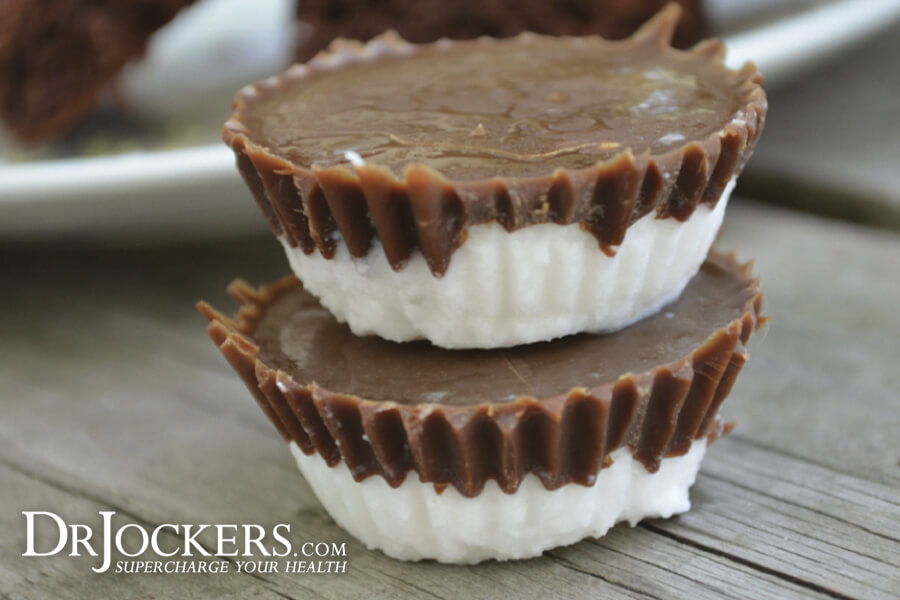 Super Brain Salmon Burgers
Super Brain Salmon Burgers
Looking for a new way to cook salmon? These burgers are tasty, easy to make, and a great way to feed the brain. Serve them alongside some chopped avocado and leafy greens and you’ve got yourself a super meal!
Featured Brain Foods
- Salmon
- Eggs
- Bonus brain food: chia seeds
Inflammation Crushing Ebundle
The Inflammation Crushing Ebundle is designed to help you improve your brain, liver, immune system and discover the healing strategies, foods and recipes to burn fat, reduce inflammation and Thrive in Life!
As a doctor of natural medicine, I have spent the past 20 years studying the best healing strategies and worked with hundreds of coaching clients, helping them overcome chronic health conditions and optimize their overall health.
In our Inflammation Crushing Ebundle, I have put together my very best strategies to reduce inflammation and optimize your healing potential. Take a look at what you will get inside these valuable guides below!


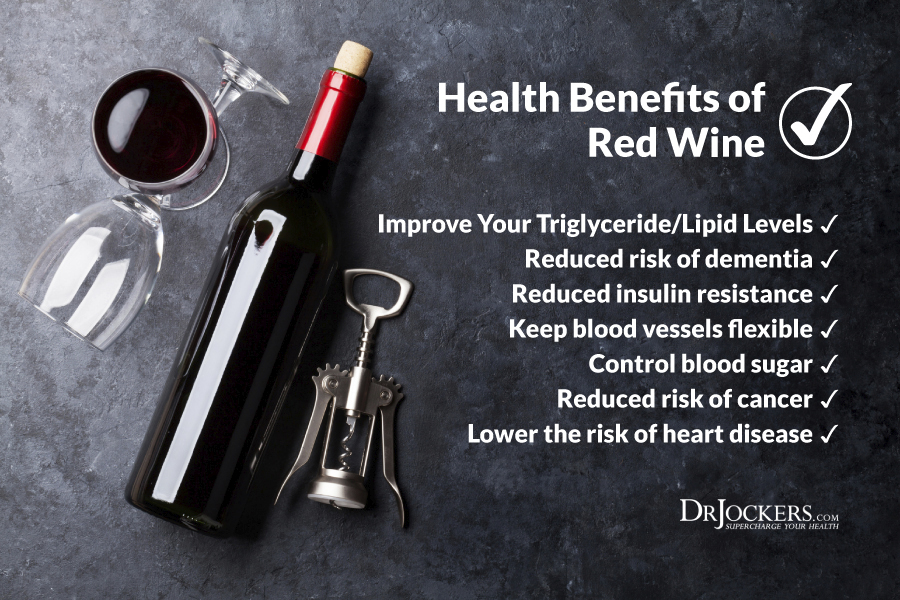

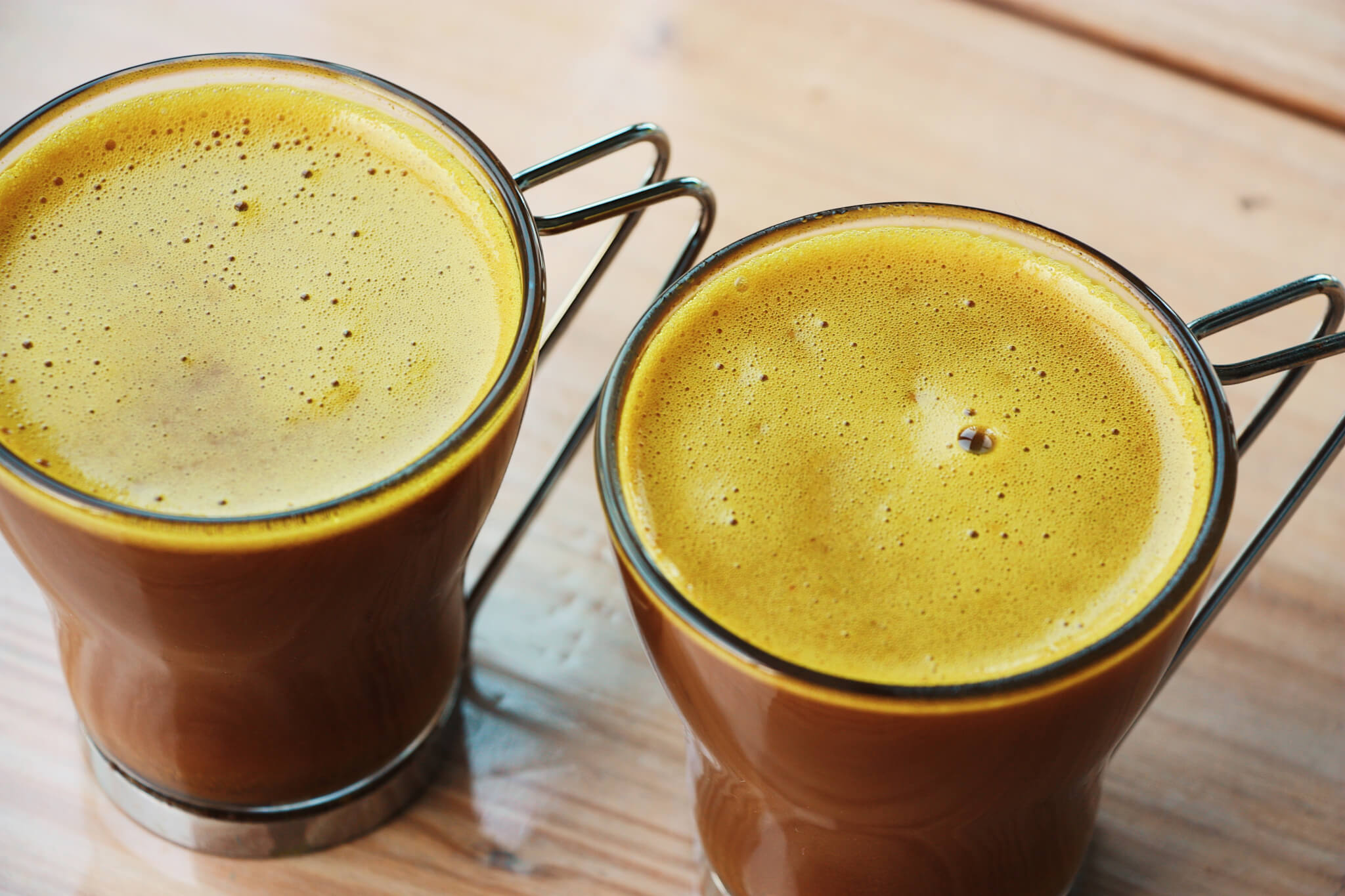
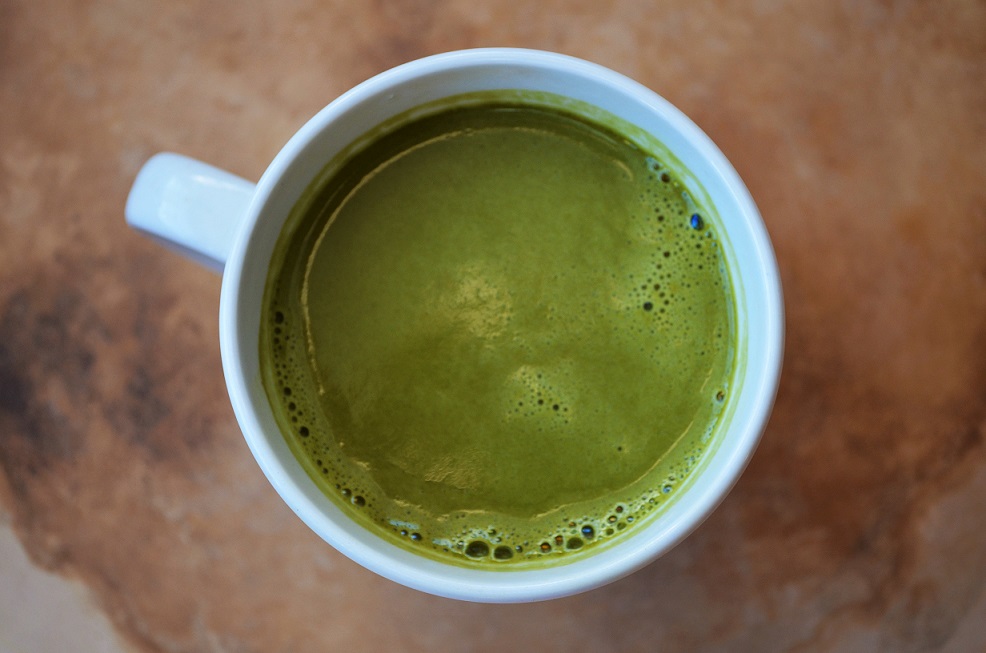
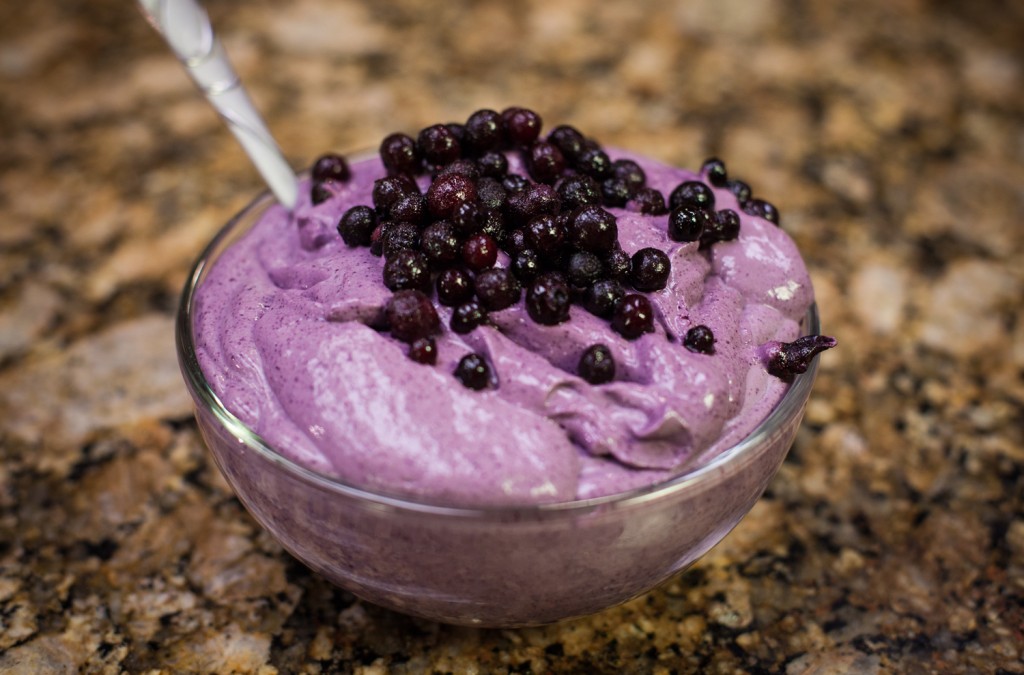

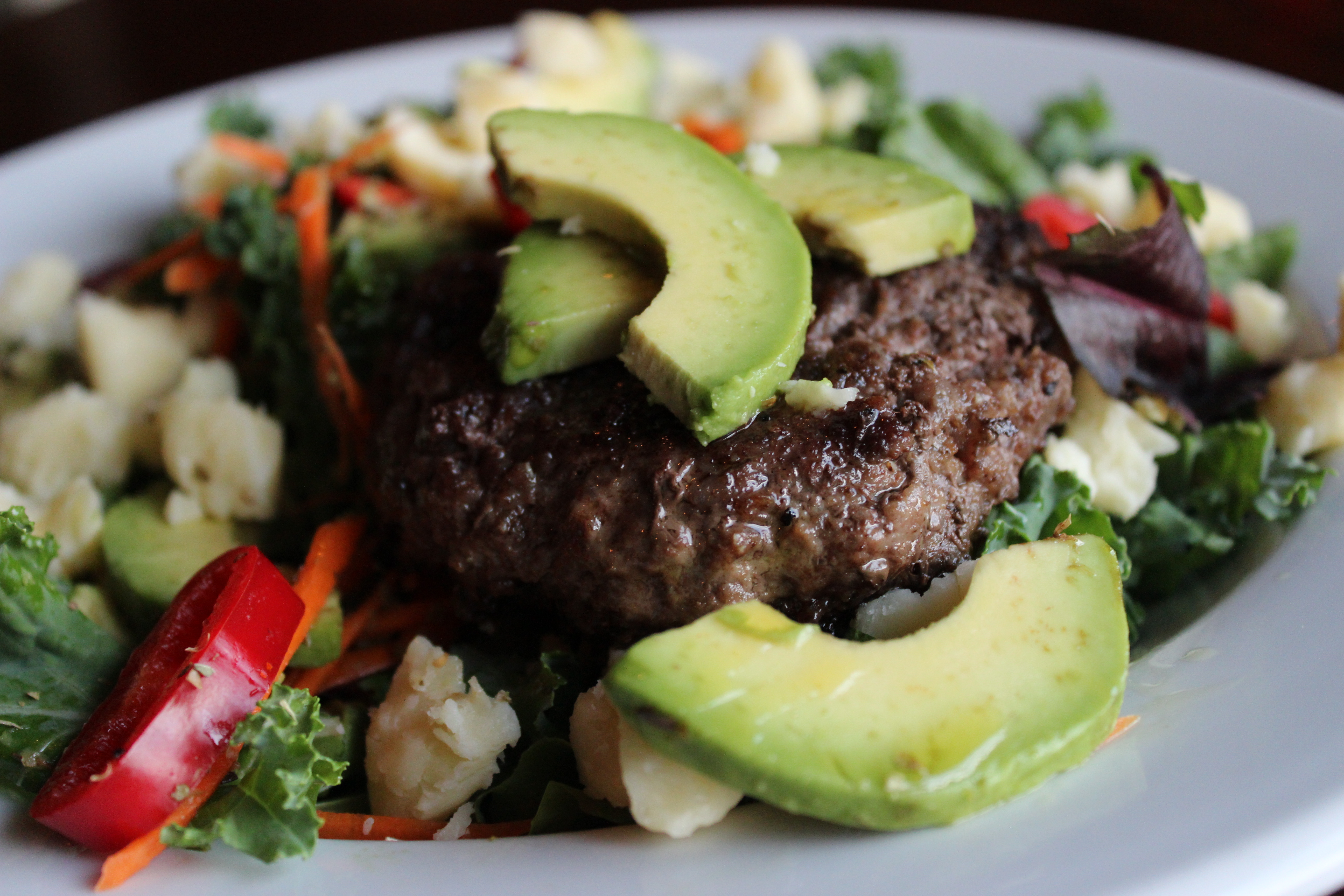
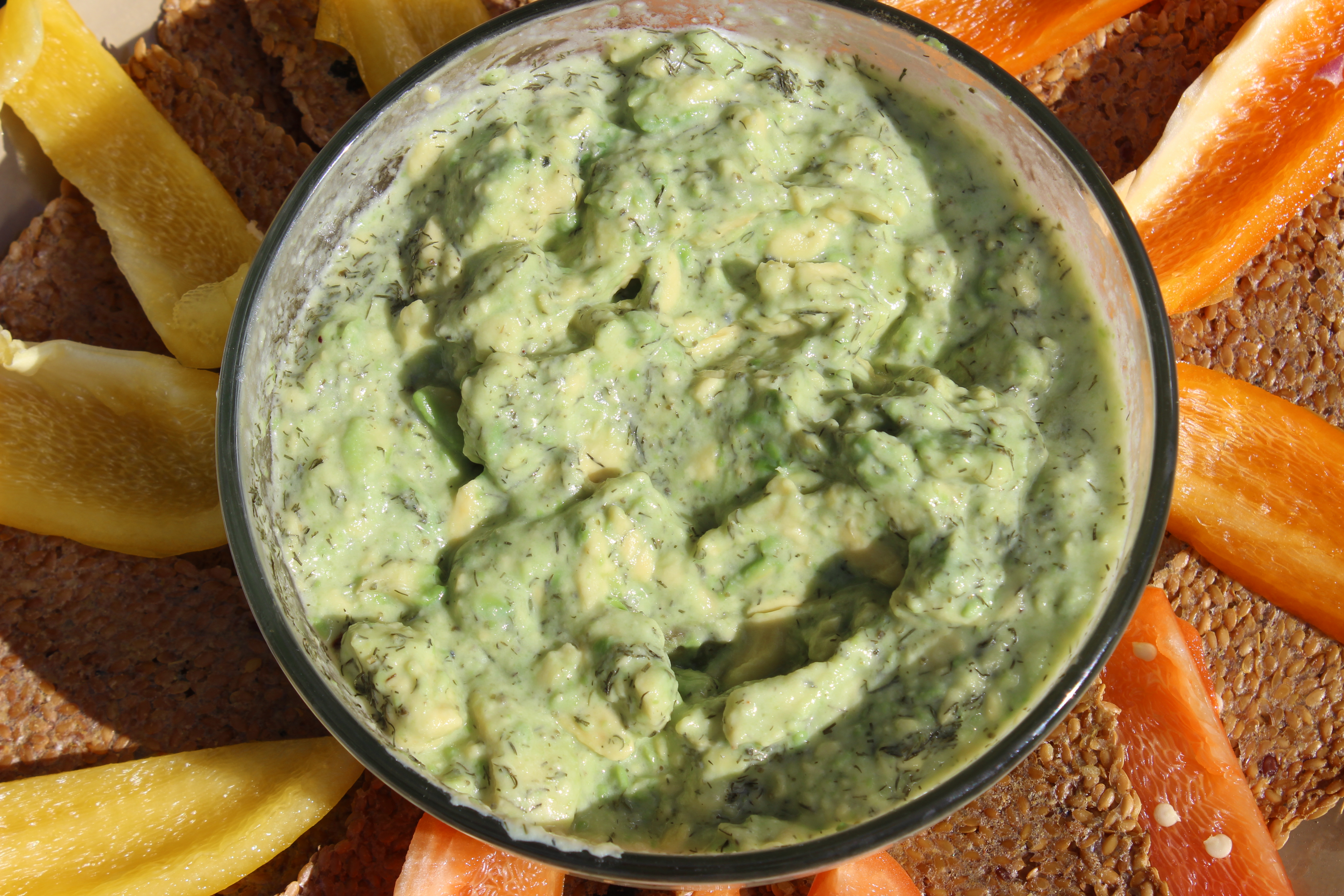
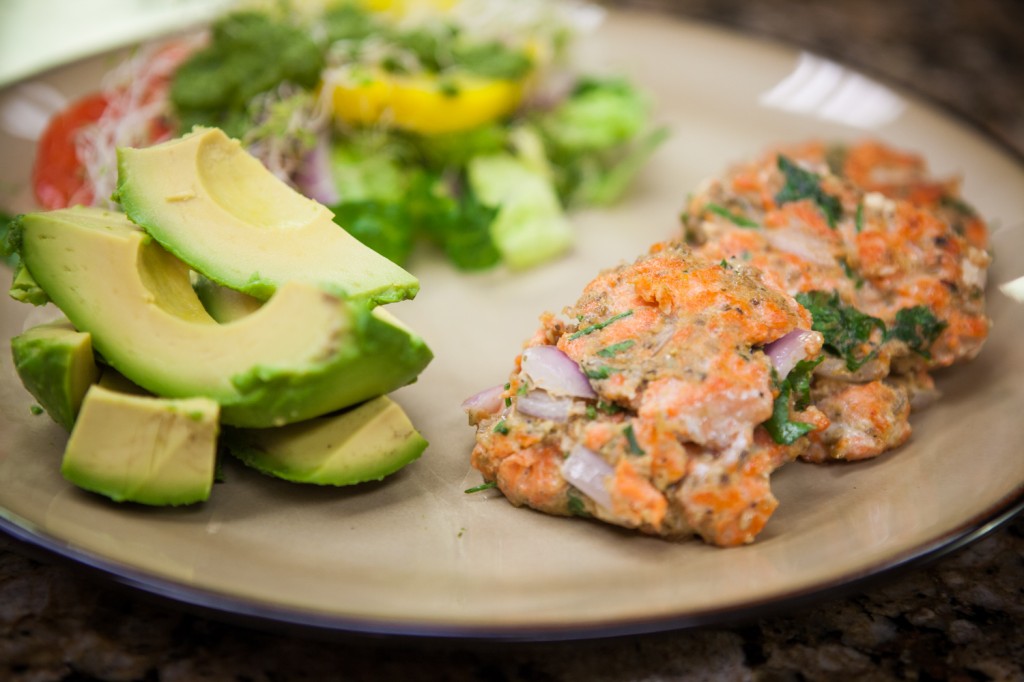




Dr. Jockers,
I’m a big fan!
I’m seeing lots of info online that warns against palm kernel oil and supports palm (fruit) oil. What is your stance?
Hey Leigh! I simply avoid palm products as much as I can! When I do consume them I look for the sustainable certification.
Hi Dr. Jockers. Thank you for this wonderful news letter. I am not sure what is considered grains that should be avoided. I know, wheat, barley and rye. What about brown rice? I rarely ever have pasta anymore as I assume it is all wheat based. I do have quinoa as I have read this is a seed and not a grain. Thank you for any feedback and keep getting the word out in all these amazing docuseries that are being produced and that you are participating in!!
Hey Linda! I would consider anything that can become planted and grown into another plant a grain to be avoided. This include nuts, seeds, beens, and grains like wheat. This would also include rice. White rice cooked in coconut oil or sprouted quinoa can be okay on occasion.
Hi Dr. Jockers. I am slightly confused because you listed nuts as part of your food pyramid. So, would you recommend that I eat nuts and brown rice or no? Thank you 🙂
Yes nuts are a good food
Dr. Jockers,
Responding to Linda, you just mentioned that nuts and seeds should be avoided. Then, you responded to Abdul saying that “nuts are a good food”.
Now, do you recommend to eat nuts, such as almonds, Brazilian nuts, cashew nuts, and walnuts? Also, should they be organic?
Thanks.
Yes they are a good food, but sometimes people have food sensitivities to nuts and seeds. Ideally they should be organic if you are going to eat them.
Thanks so much for the information. What do you think about avocado oil?
It is very good Molly!
Wow, thorough! You covered not only the good stuff, but the stuff to avoid like wheat, which has been proven to shut off blood flow to the frontal cortex. Very good article; it requires NOT consuming all the foods that are detrimental in addition to consuming the beneficial ones, to get healthy. It looks like I’m doing everything right diet wise, but I do put a dab of Saigon cinnamon on top of the coffee grounds in my percolator, and about two tablespoons of organic Non BGH dairy in my coffee. Wonder if you could recommend a healthier alternative that tastes as good as my half & half? I just don’t like black coffee, even though I use purified water and an organic bean from Honduras.
Thanks Nora! You can get coconut or almond milk coffee creamer that is much better. Blessings!
Thanks, doc, I’ll try those.
You said a kid non fermented soy, does this include things like shirataki noodles?
Should say avoid non fermented
Yes Shirataki noodles are not made of soy, they are made of sea vegetable so they are great!
Your wonderfully comprehensive and informative article on Brain Foods the Top 20 to eat is the best one of its kind I have ever found. I just wanted to compliment you on it. If anyone simply follows this they will have all the information they need for a long and healthy life. Thank you for putting it all in one place with even delicious recipes included.
Fantastic article! Love all the info graphics that you included as well. Thanks for packing so much info in one article that I’ll come back to again and again.
Thanks so much Carter! Blessings to you!
I Love how I feel being on a Keto diet but I am a thin person and blood sugar is rising. How do I stay on keto and gain weight?
Yes, I recommend incorporating resistance training and eating a lot of protein and fat in your eating window. Blessings!
Dear dr johkre
I Congratulate you for producing extensive study on brain foods.
Please allow me to draw your kind attention to the fact that many people like me and probabally also the enlightened ones like you are vegans or lacto-vegans. I have observed that many authors who write articles on health matters, write as if is normal to eat all foods (veg & non-veg foods) and it is common for everybody to do so. With your knowledge on health matters and ecology you are surely aware that eating vegan is much healthier and eco friendly. Probabally you can give more prominence to this in your articles. It is also always possible to avoid giving colorful photos of non veg foods and also mentioning them prominently and boldly in relavant articles. There is no need to avoid mentioning them. please think and consider it.
Regards.
]
Thanks so much! Unfortunately I very much disagree that eating vegan is healthier or better ecologically than eating grass-fed organic meat. I believe the latter is healthier for the environment and for human health. But wish you all the best.
Have been reading your great articles since before the birth of your twin boys.
In the last few years a lot has been said about a keto diet, which I understand to be good in the short term, but not good at all long time.
How do you see it?
Thanks Renee! Actually, a ketogenic diet is fantastic long-term. In particular, a cyclical ketogenic diet where you are going in and out of ketosis. https://drjockers.com/follow-cyclic-ketogenic-diet/
Thanks for the great article! I have a question about Raw Cacao. I have a package of Holy KaKow cacao powder but I’m concerned about the amount of heavy metals in it since most cacao beans often have a lot of these. Do you know if this brand is low in heavy metals. Or what brands of raw cacao can be trusted? Thanks.
Yes be sure to get organic cacao
Dear Doctor,
I have found virtually all of your recommendations to dovetail with same from multiple other sources, and really appreciate your contri-butions to our health knowledge.
One thing I would highly advise, sir. PLEASE HAVE SOMEONE PROOFREAD YOUR TEXTS AND CORRECT TYPOS!
I am sure that there are many of your followers that find the typos in your articles disconcerting, frustrating, focus-breaking. And these typos lend one to wonder just why you allow this to continue. It’s not as if it’s a major project to check your work, or have SOMEONE do so.
If you sincerely care about the image you are projecting to the world, and in providing us with clear, easy to understand information, PLEASE give us professionally crafted text! Almost every text I read from you contains typos which would get an F in a high-school English class!
Thank you, sir.
Hey Stephen, Thank you for your feedback! Someone will be looking at this article. Blessings!
It is an educative article. We are in trouble, because the industrial agricultural innovations are resulting in extinction of some foods which have been mentioned. commercializing food has promoted selected foods and leaving out the important ones listed above. Consumer education is very important today.
Hey Ssebadduka Elisha, Thank you for sharing! Consumer education is absolutely critical.